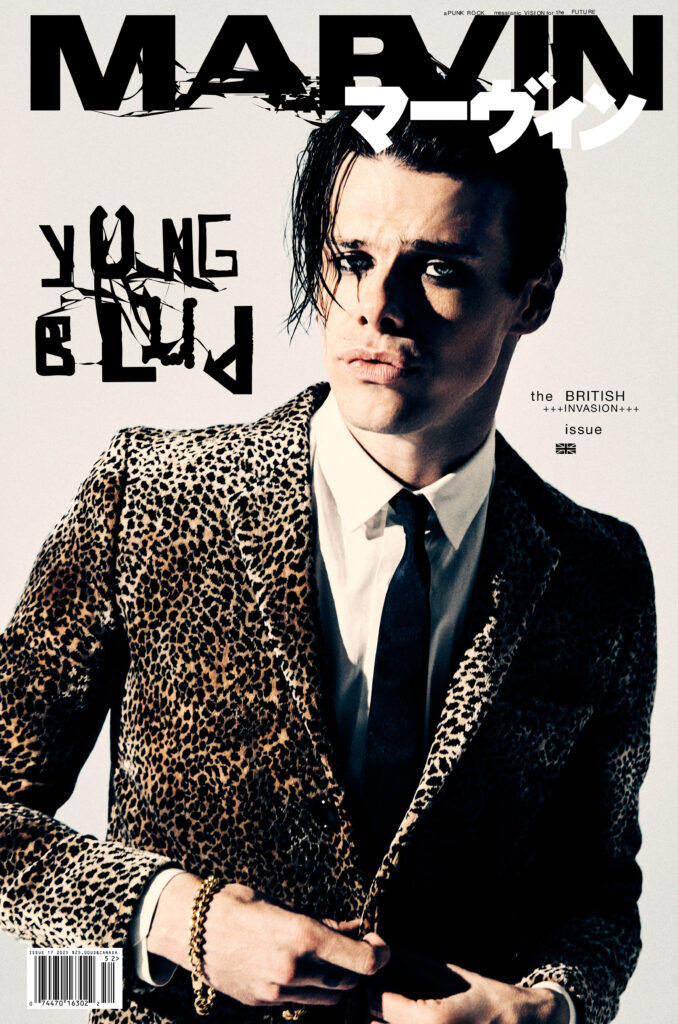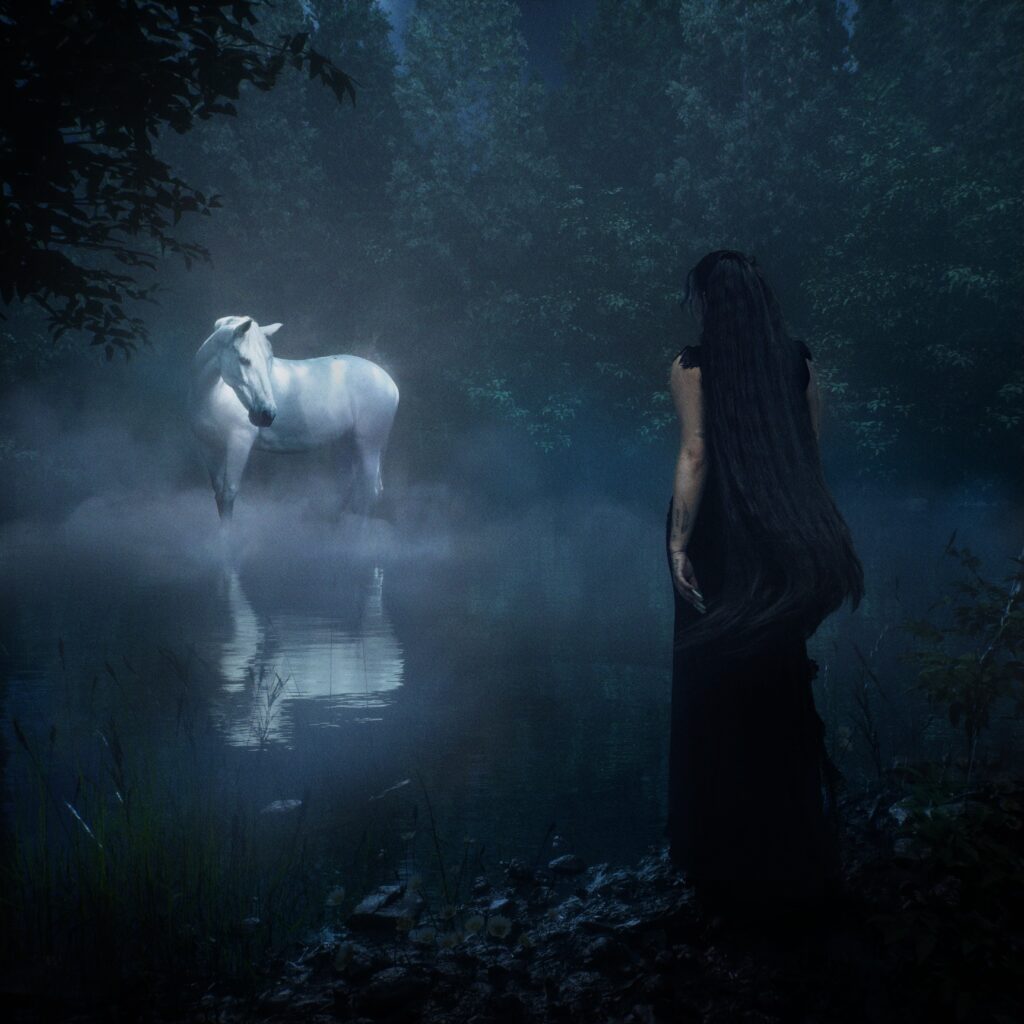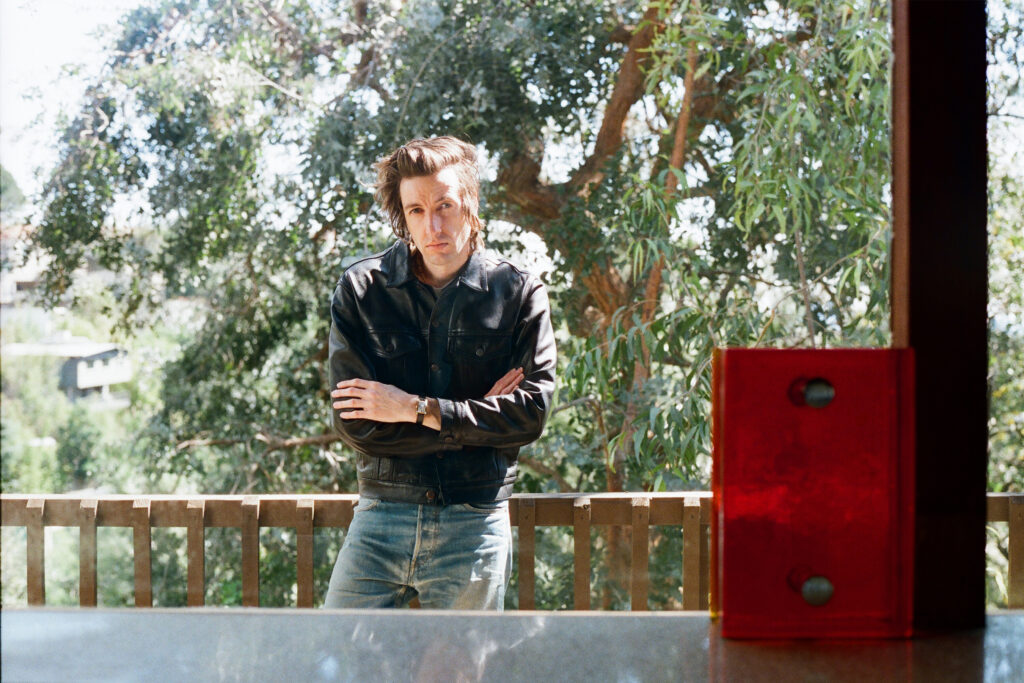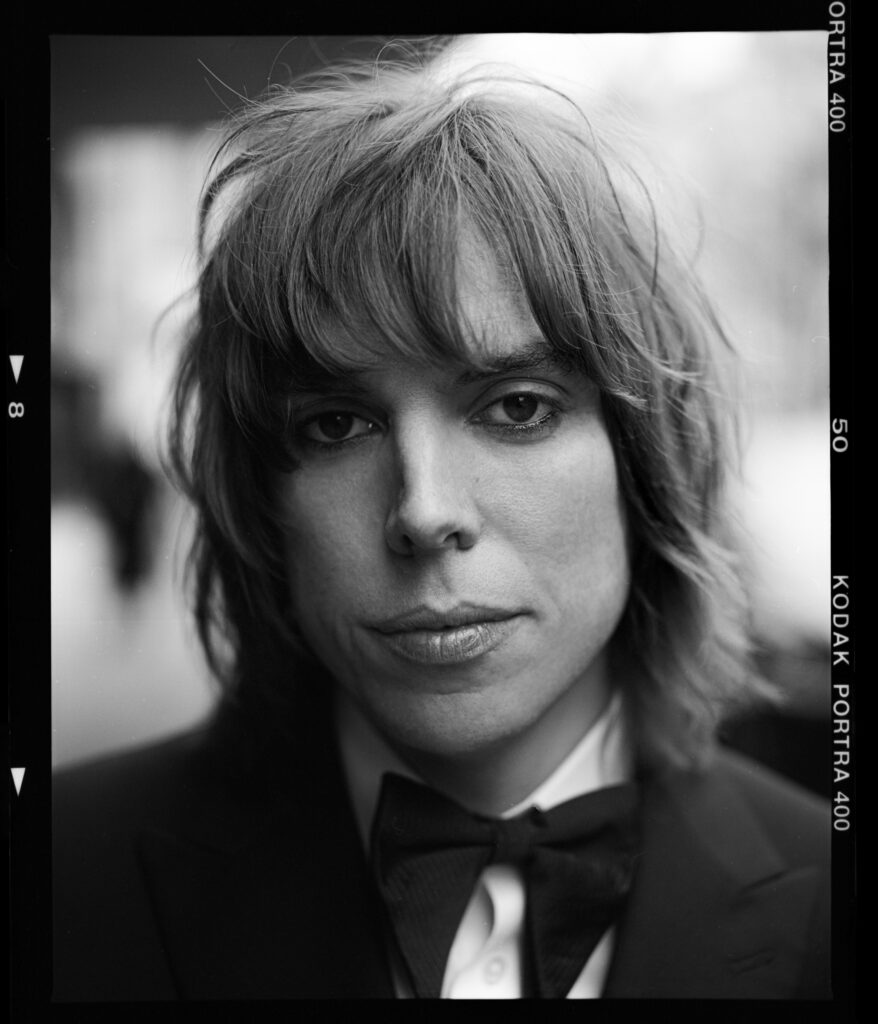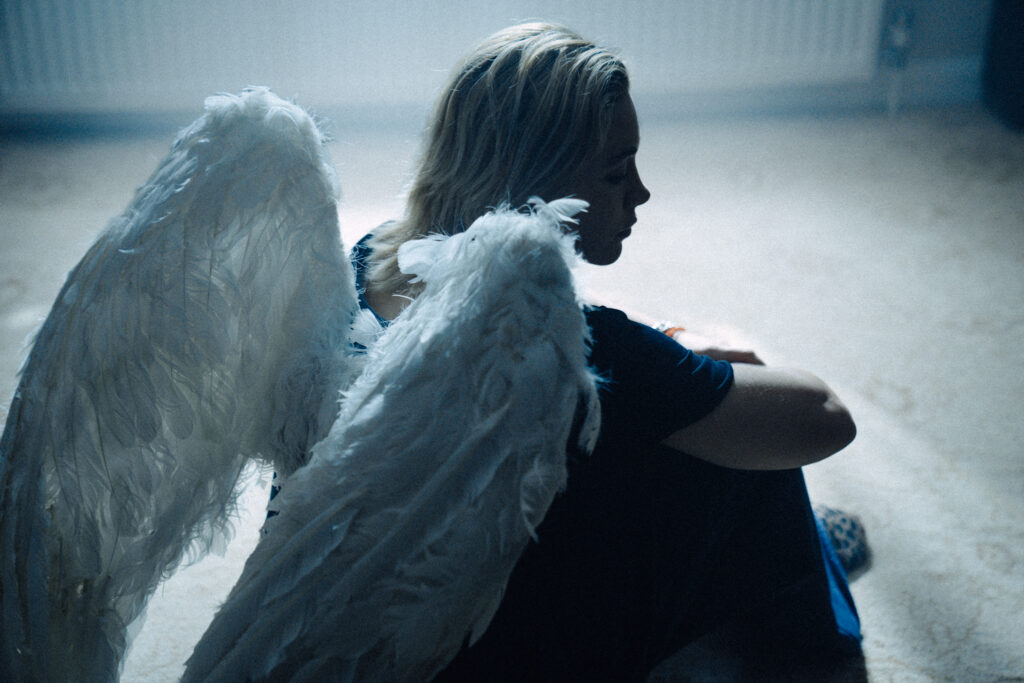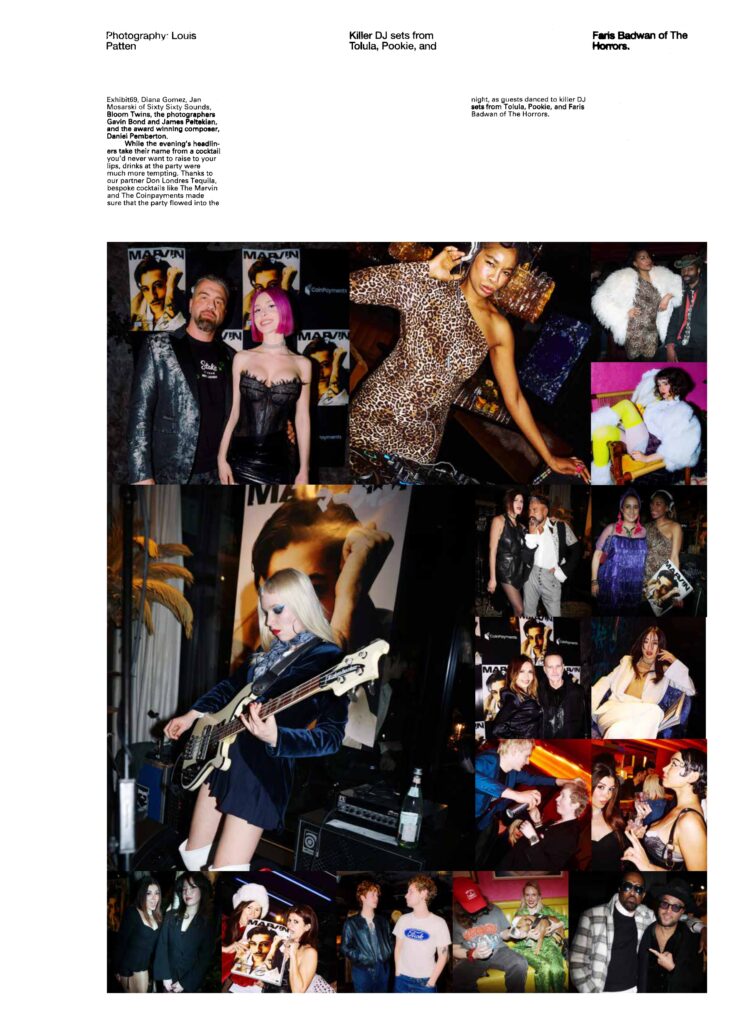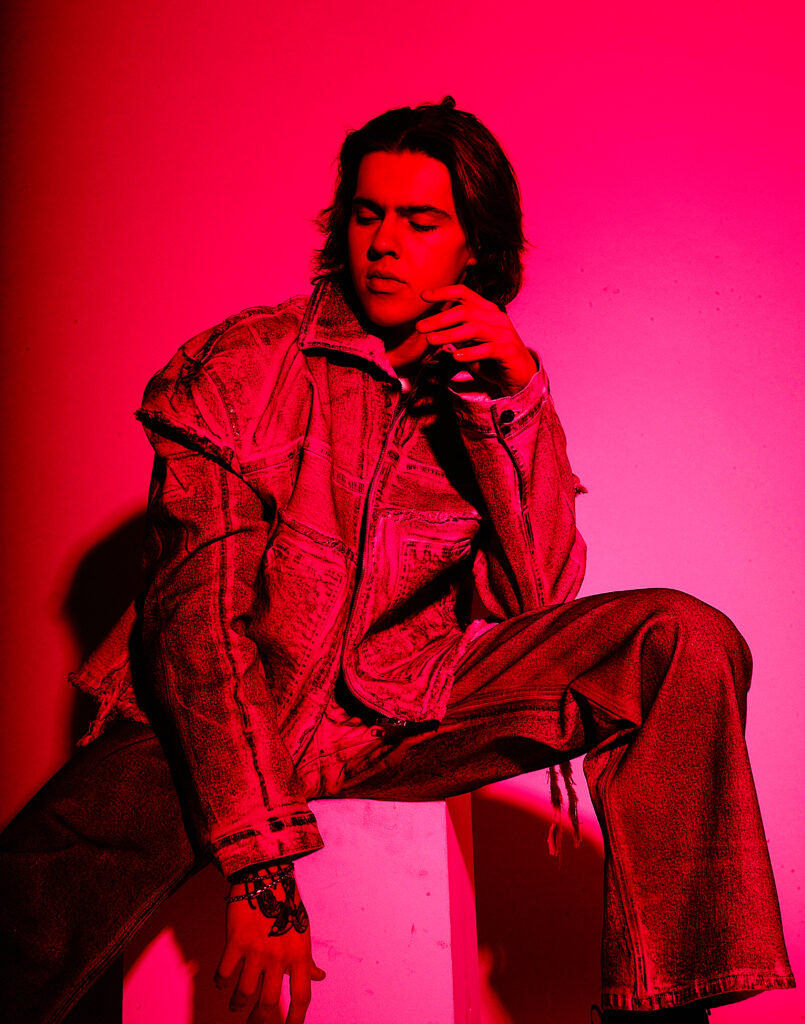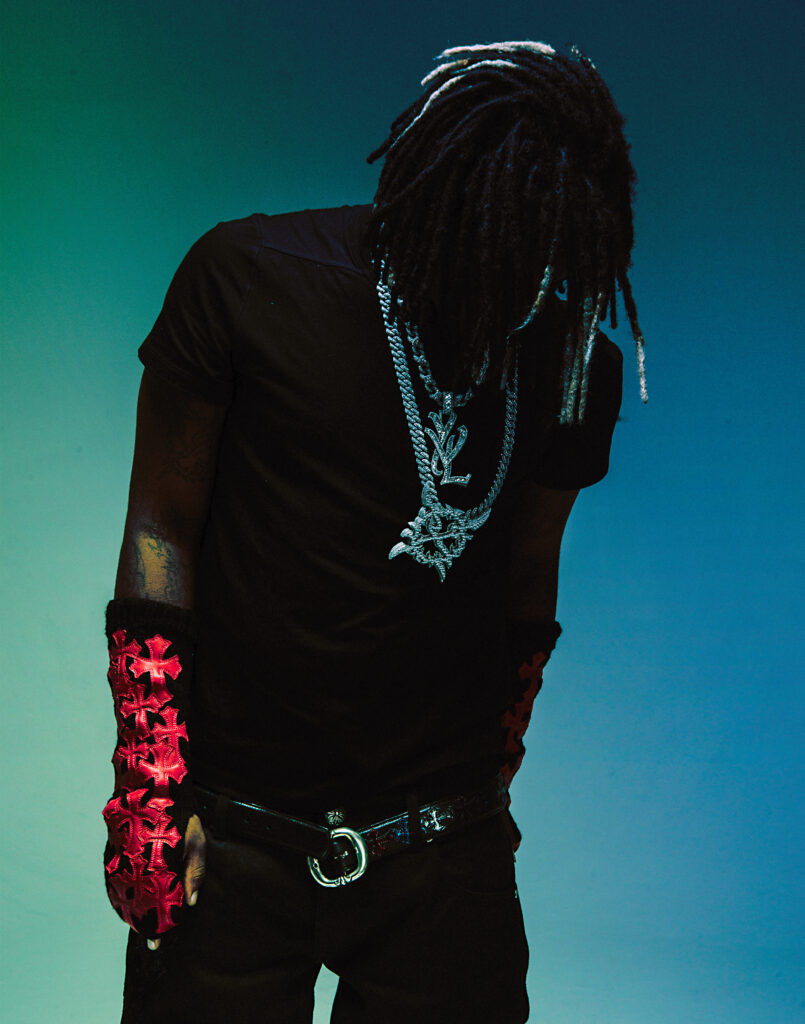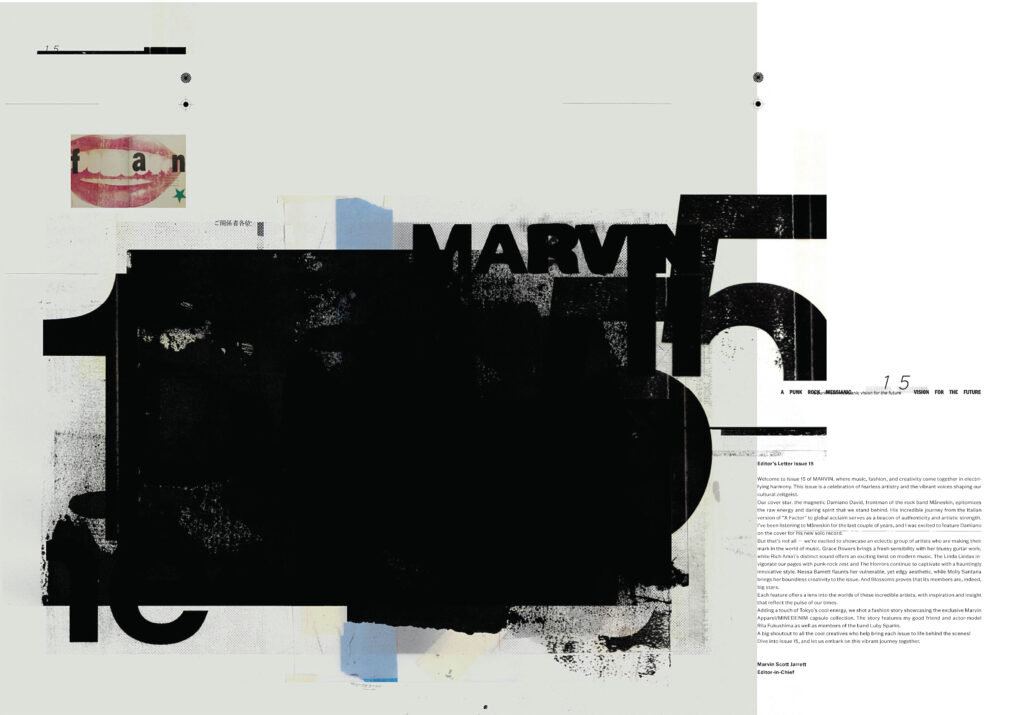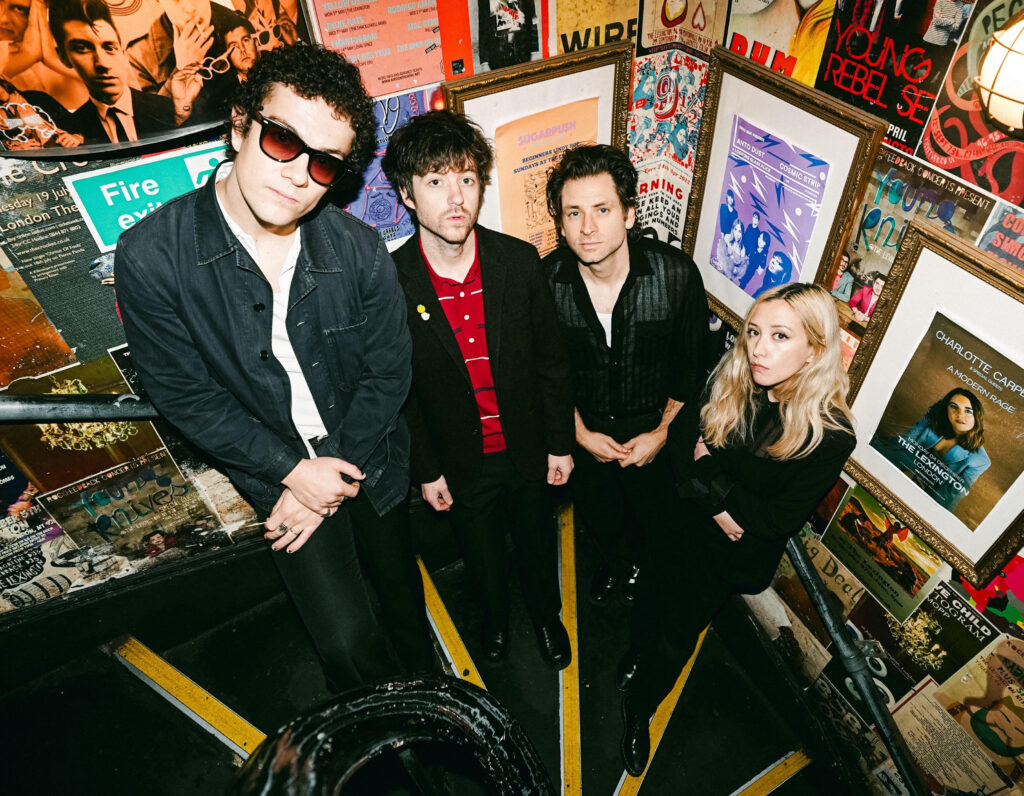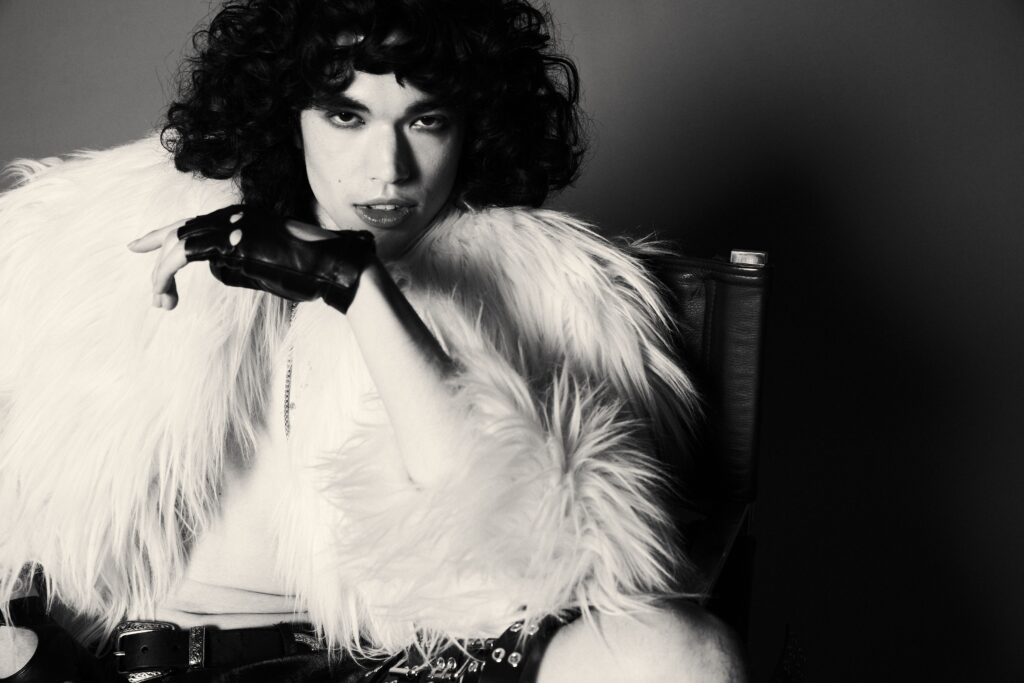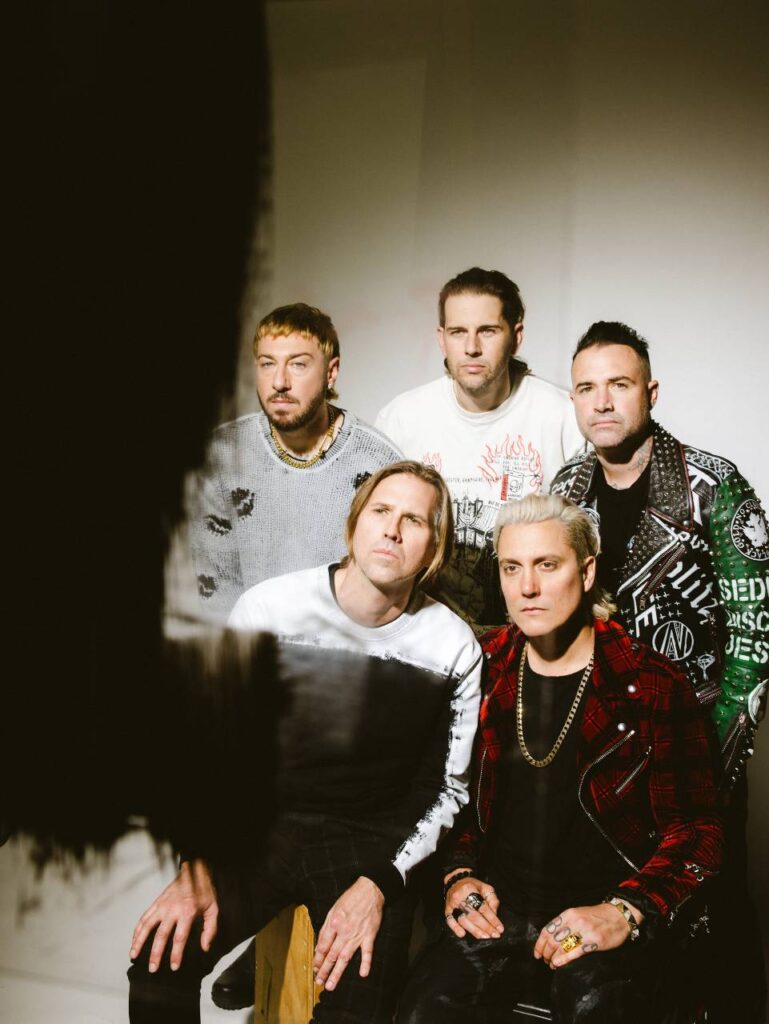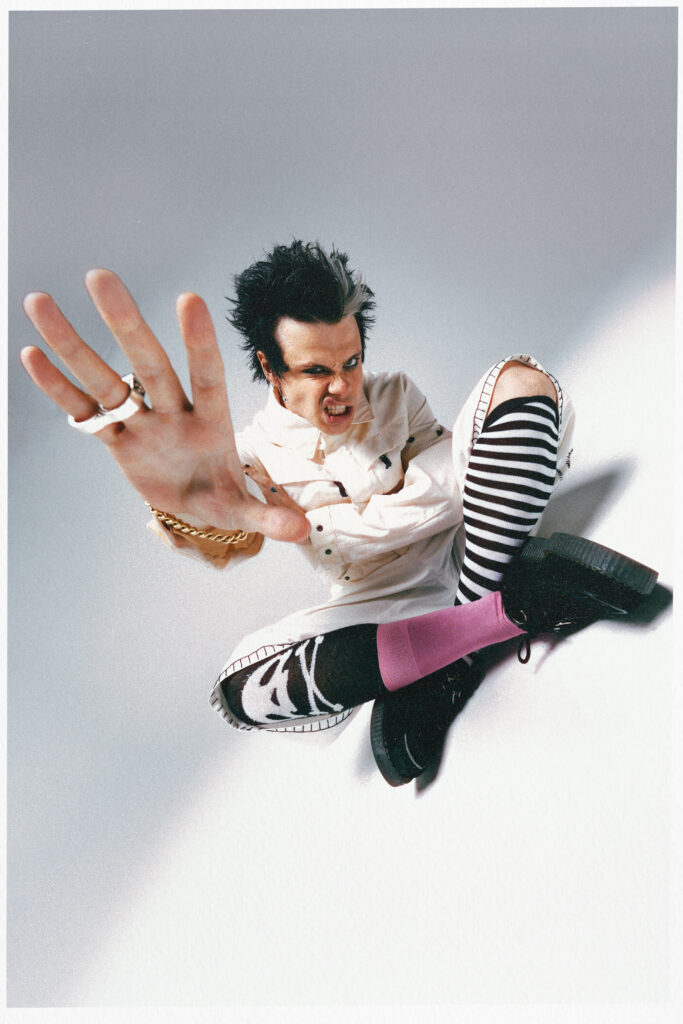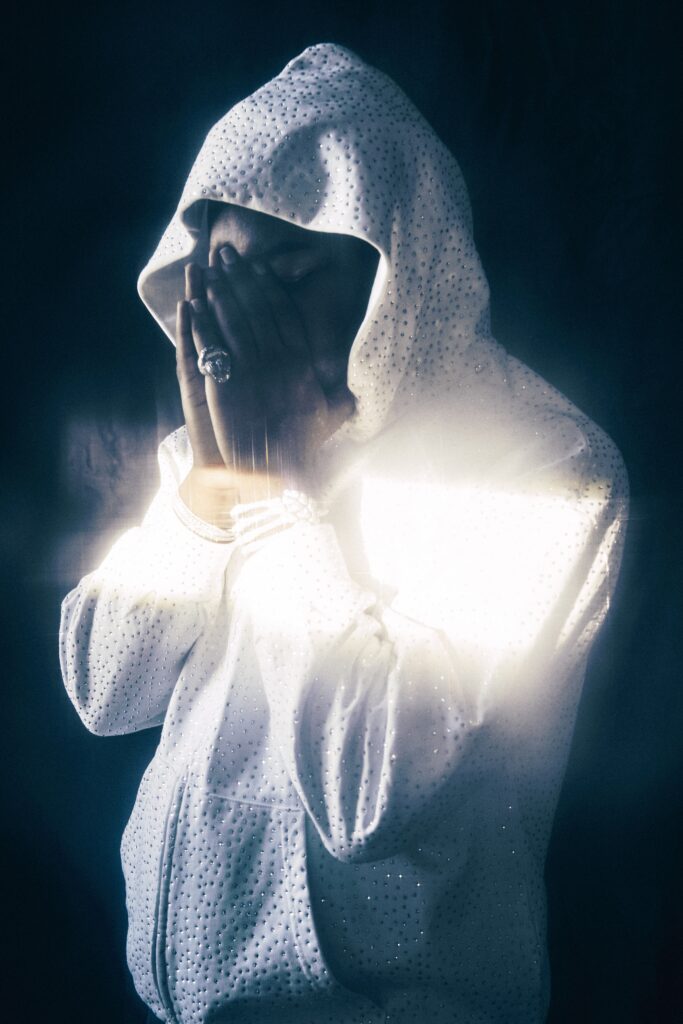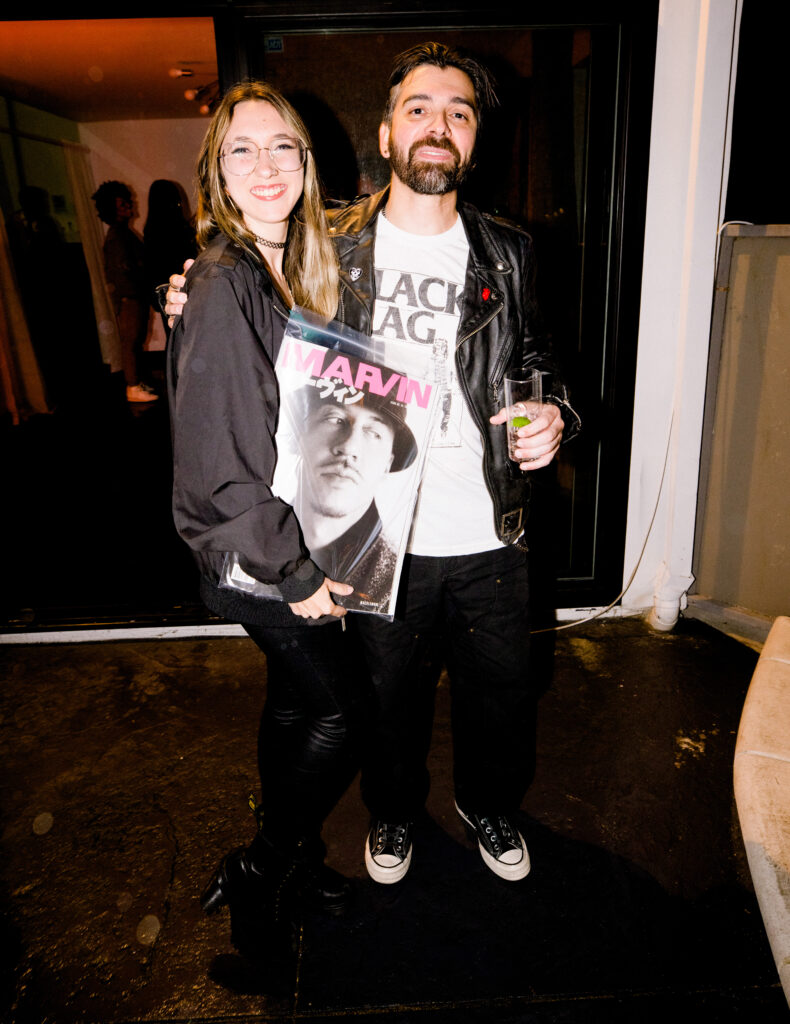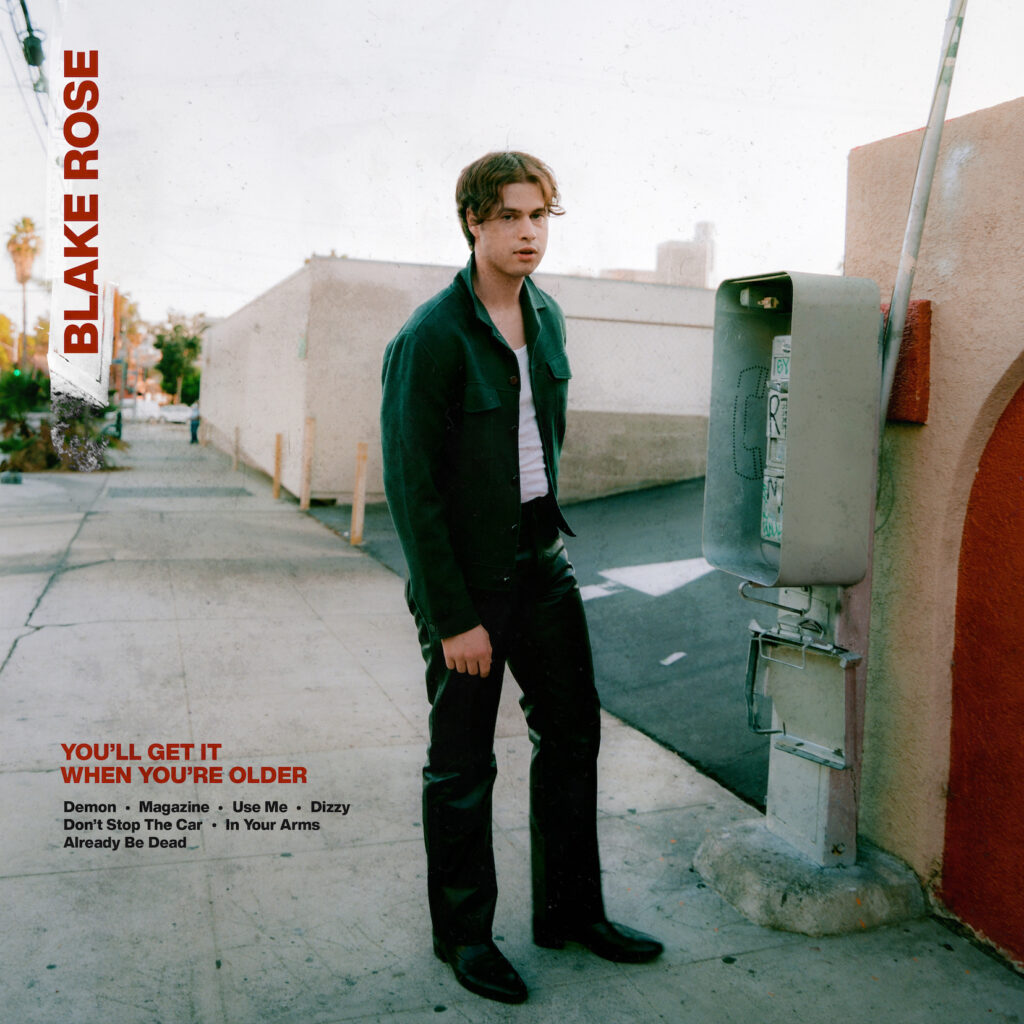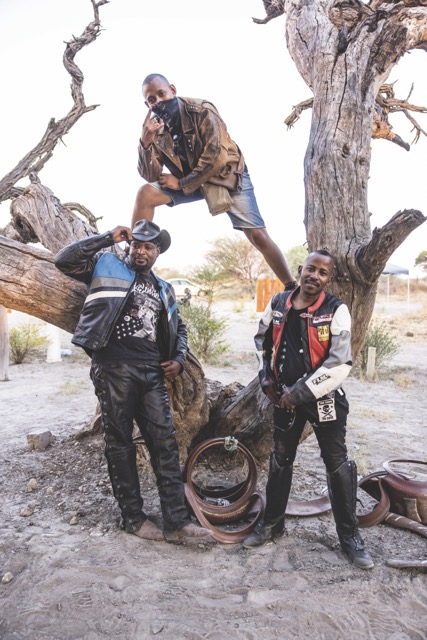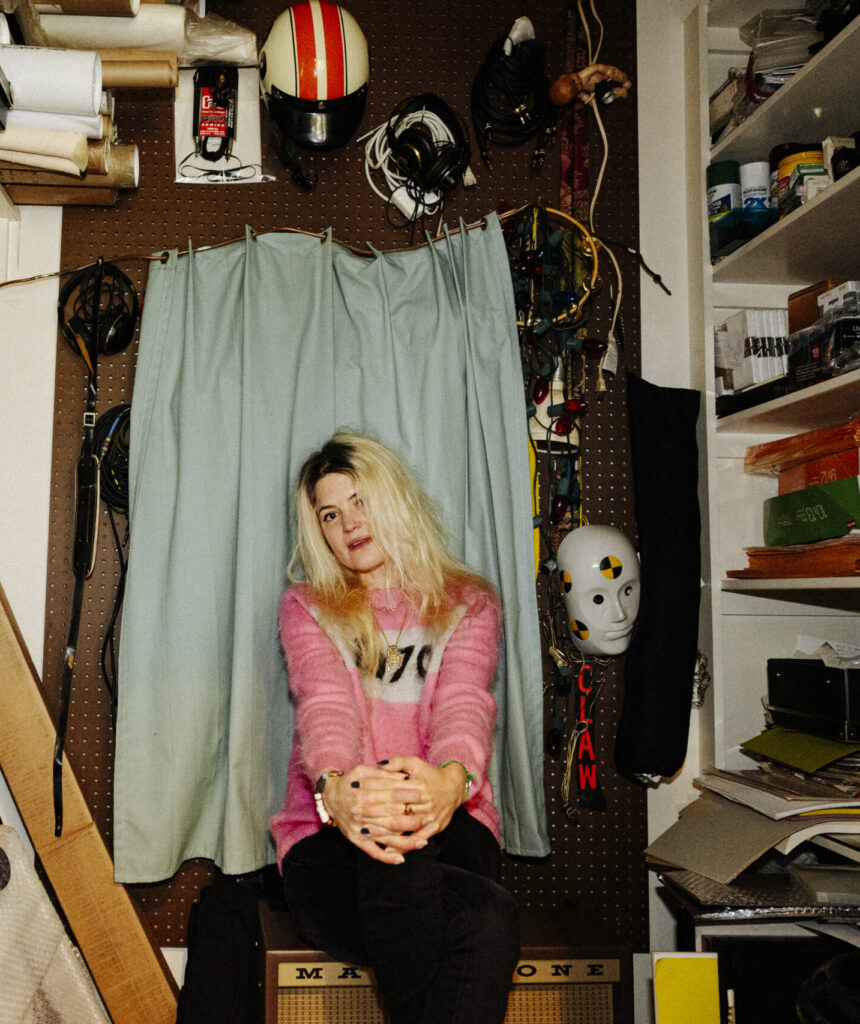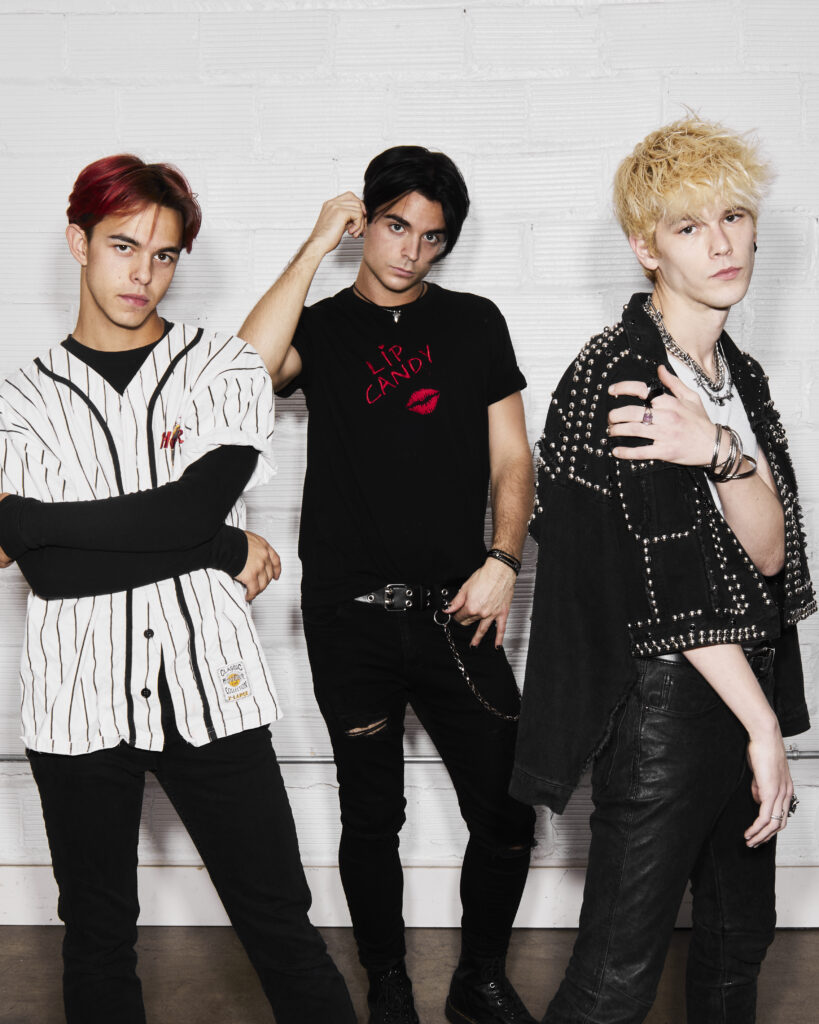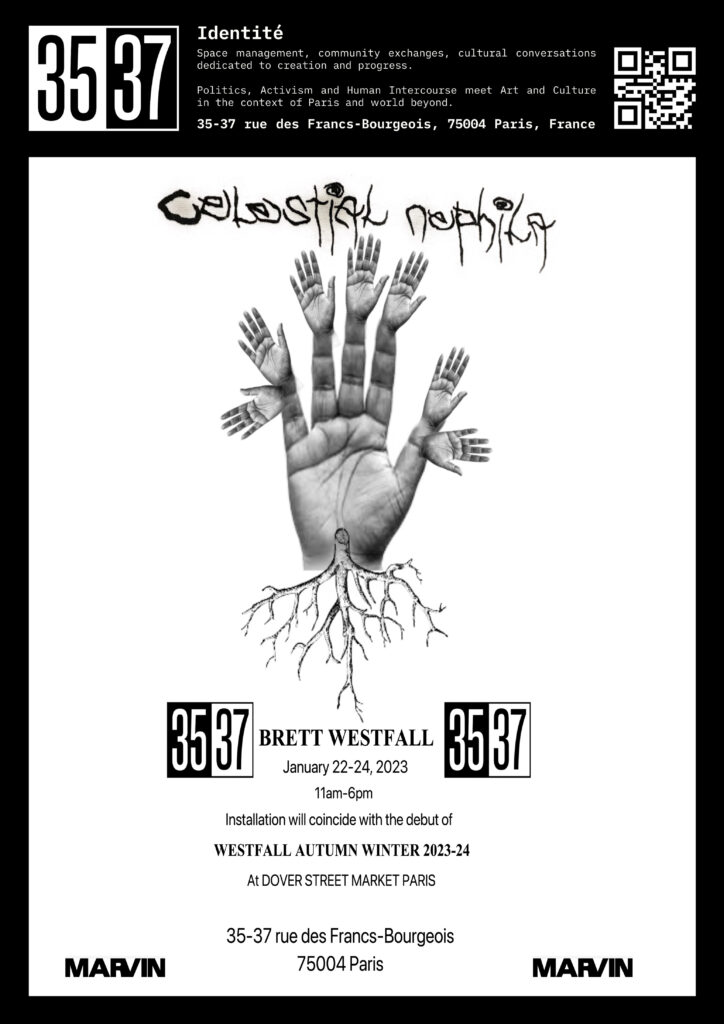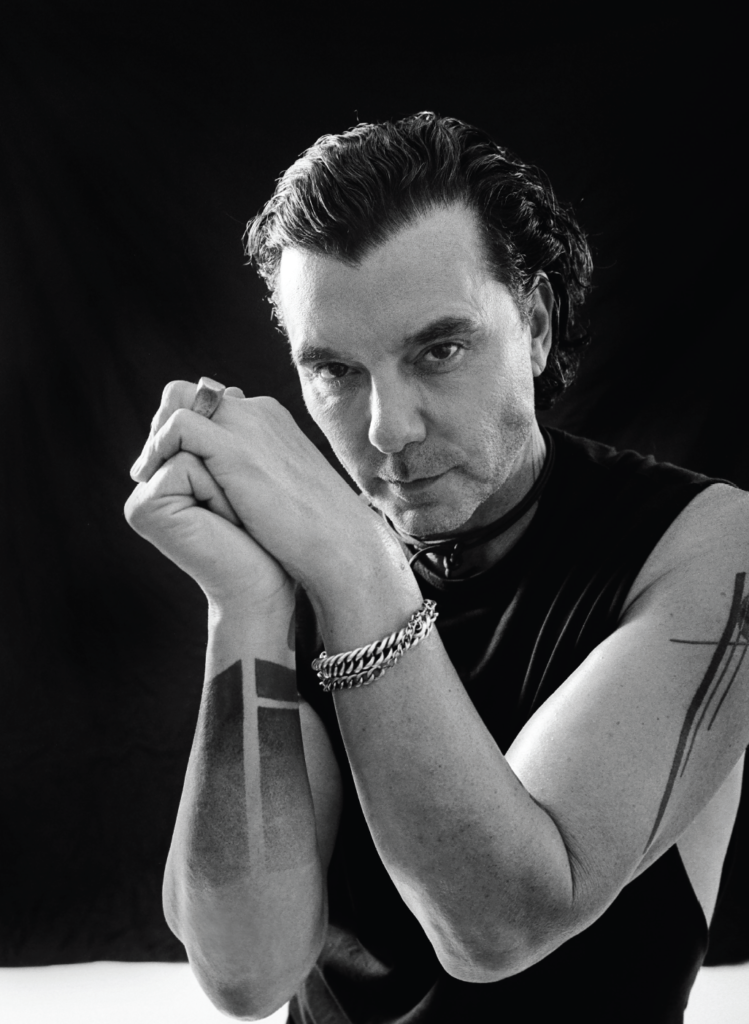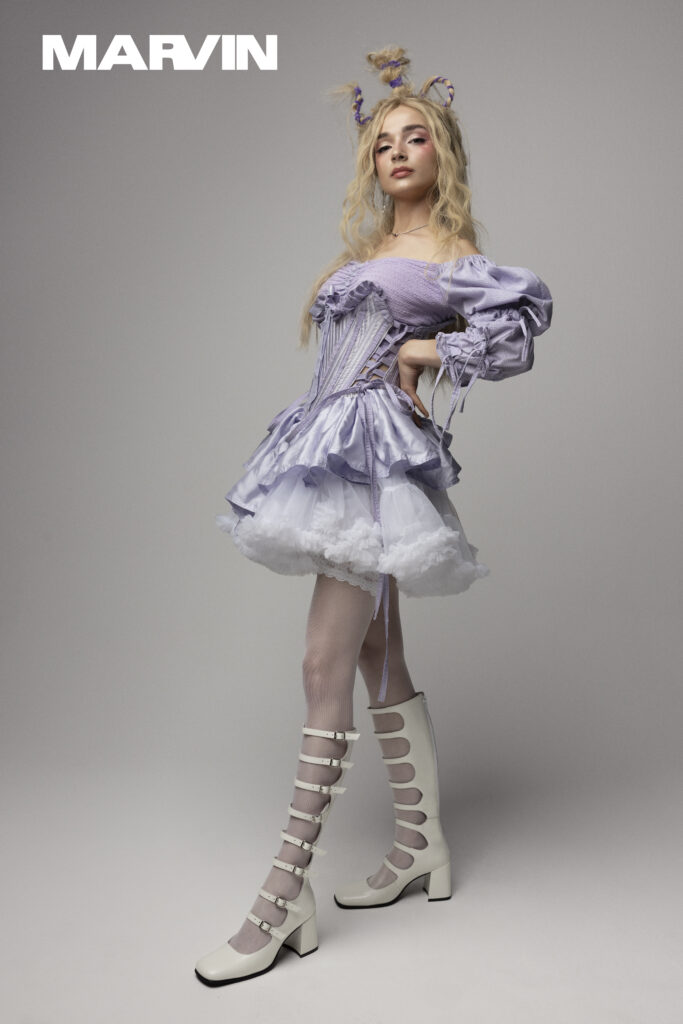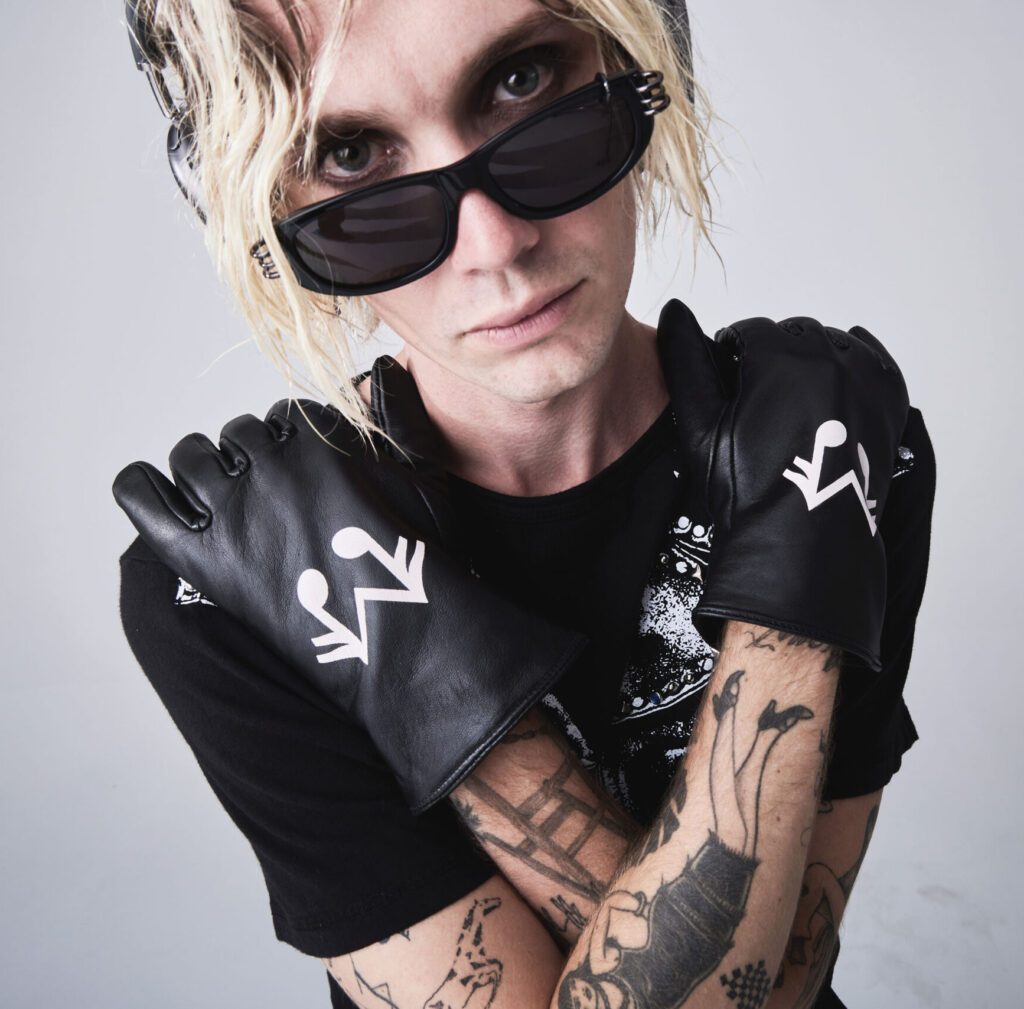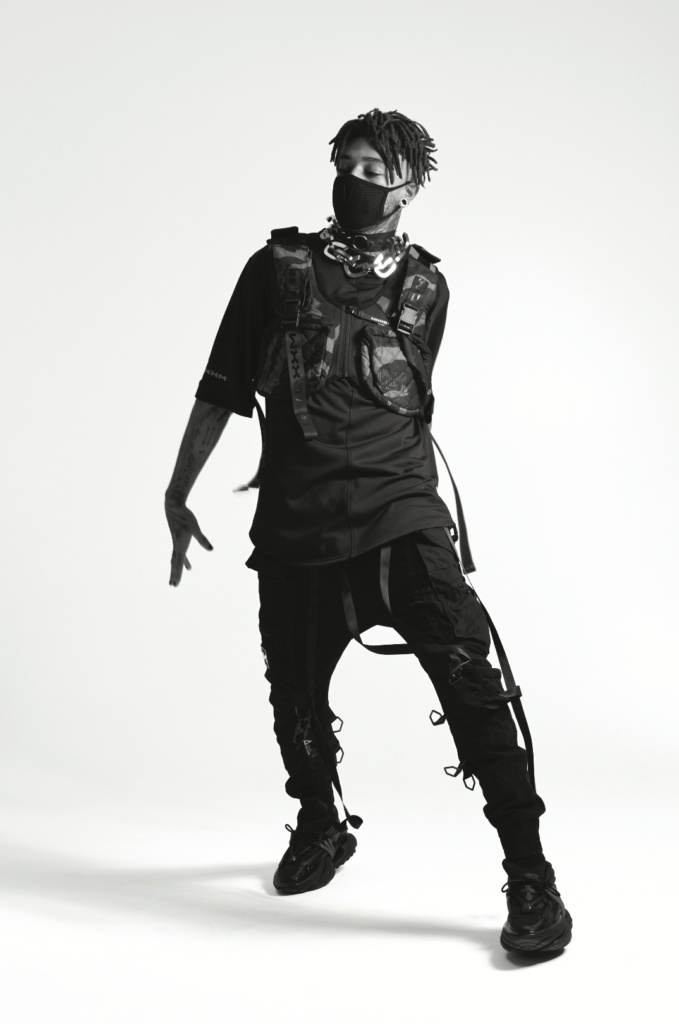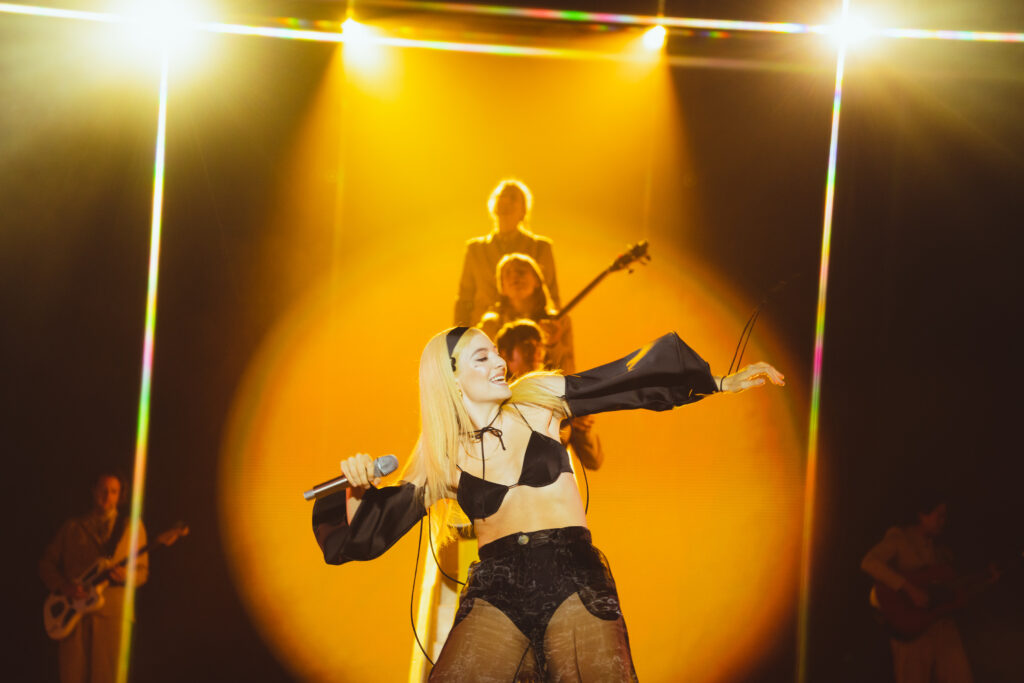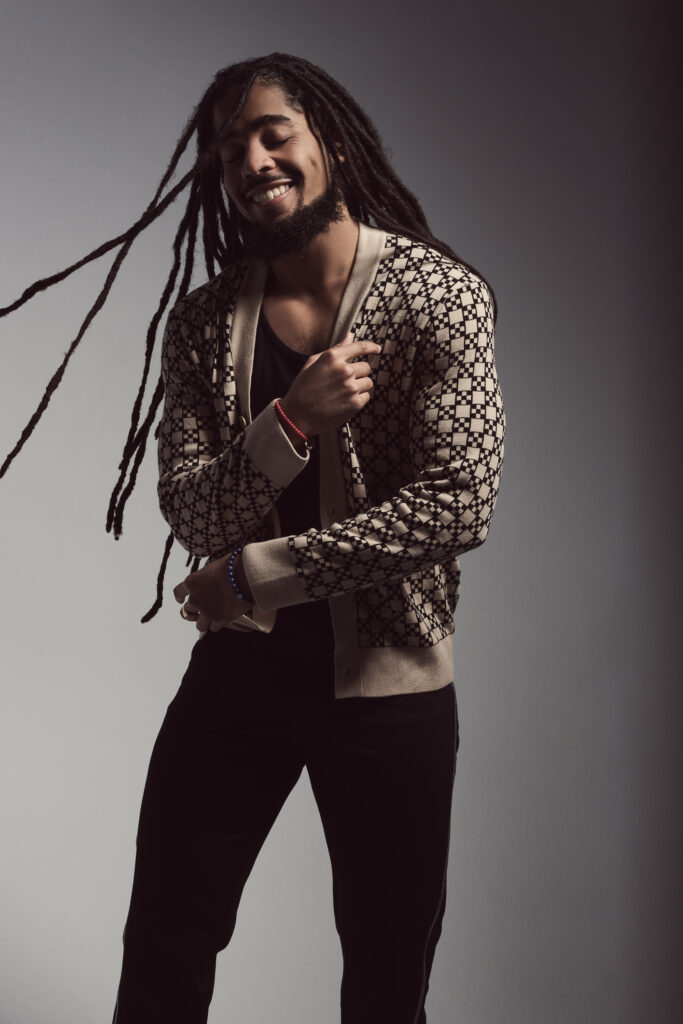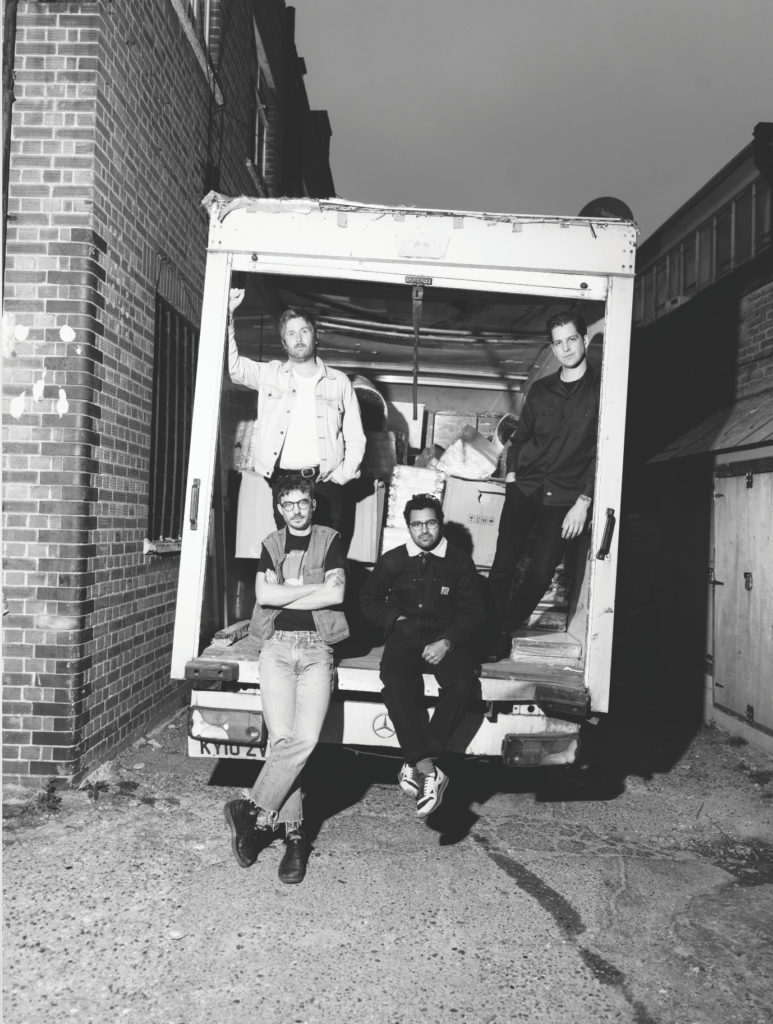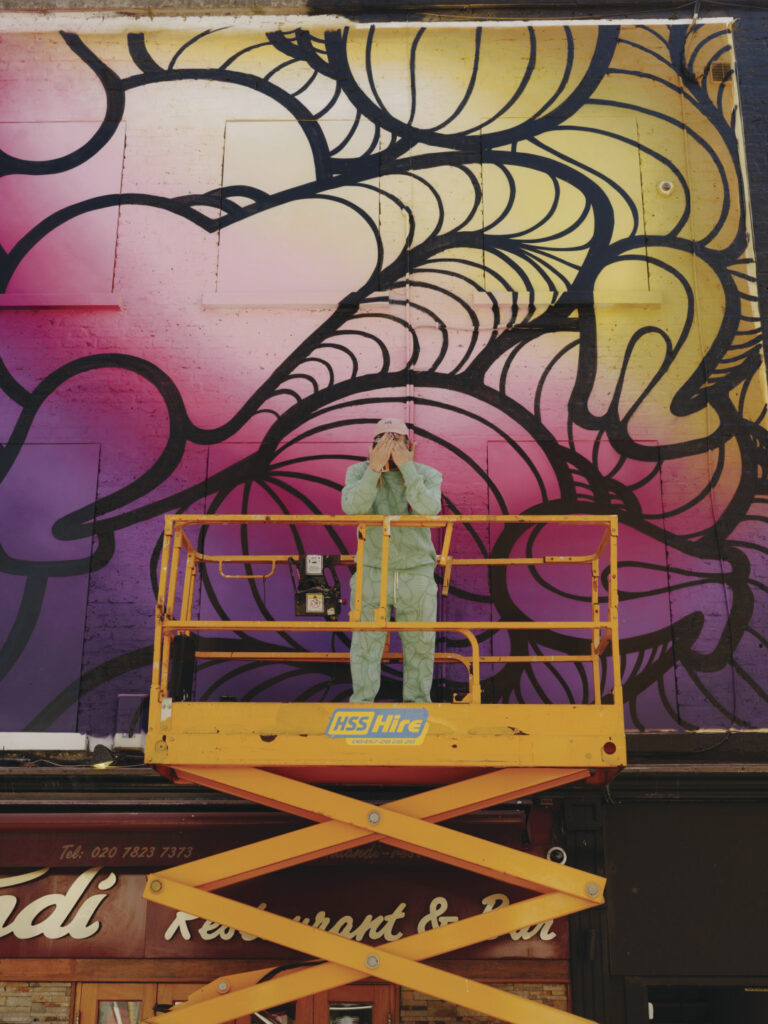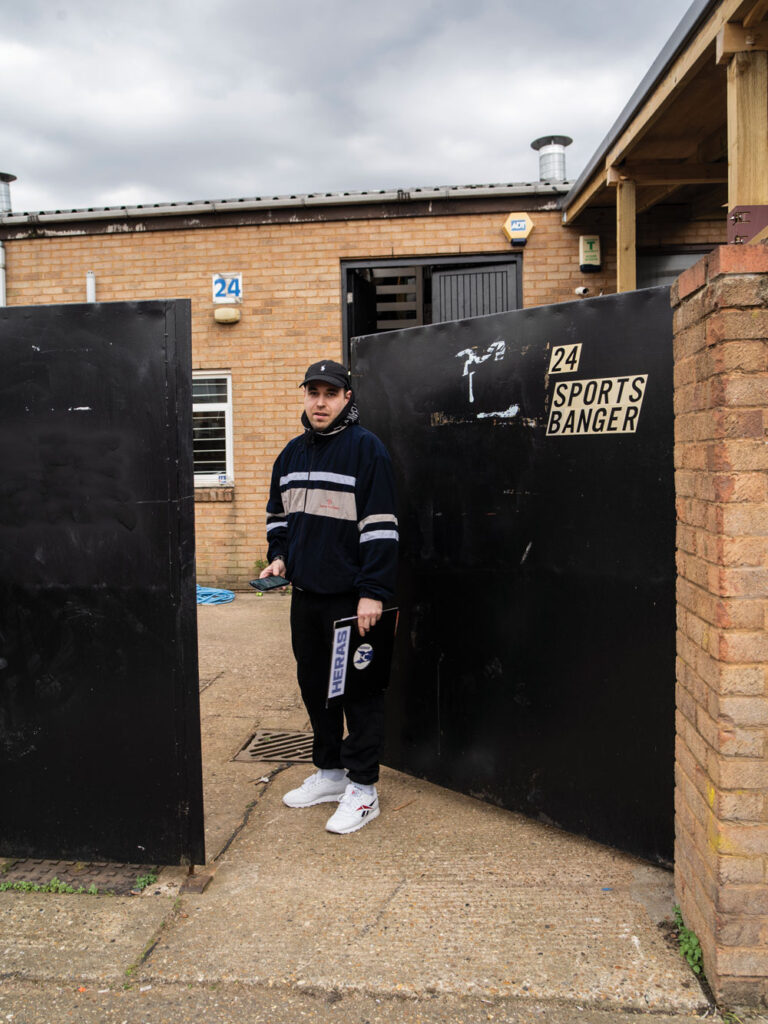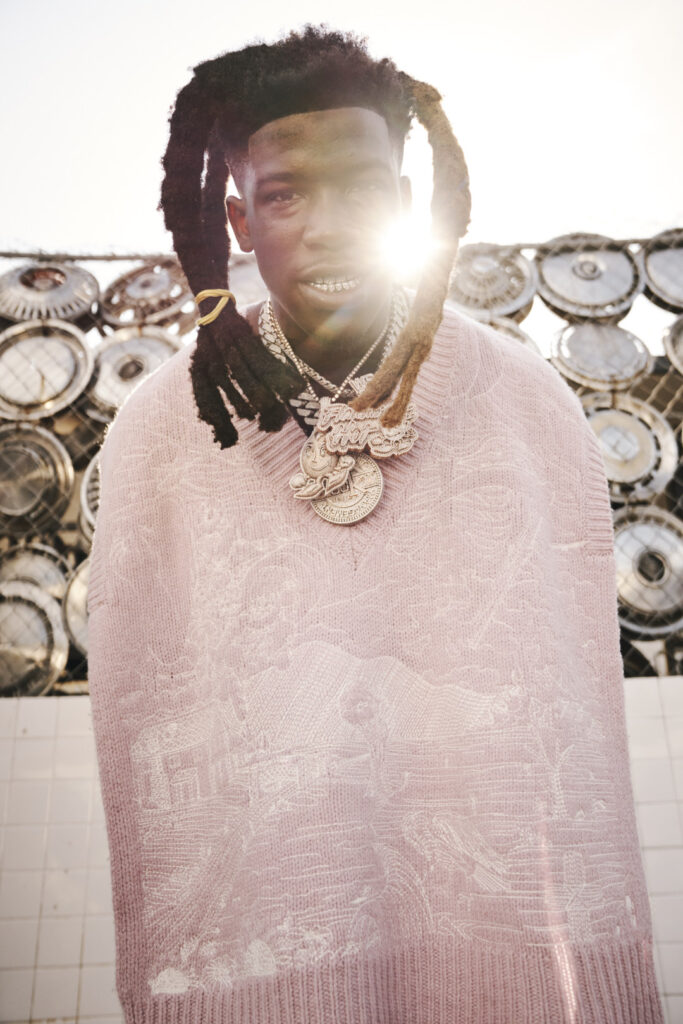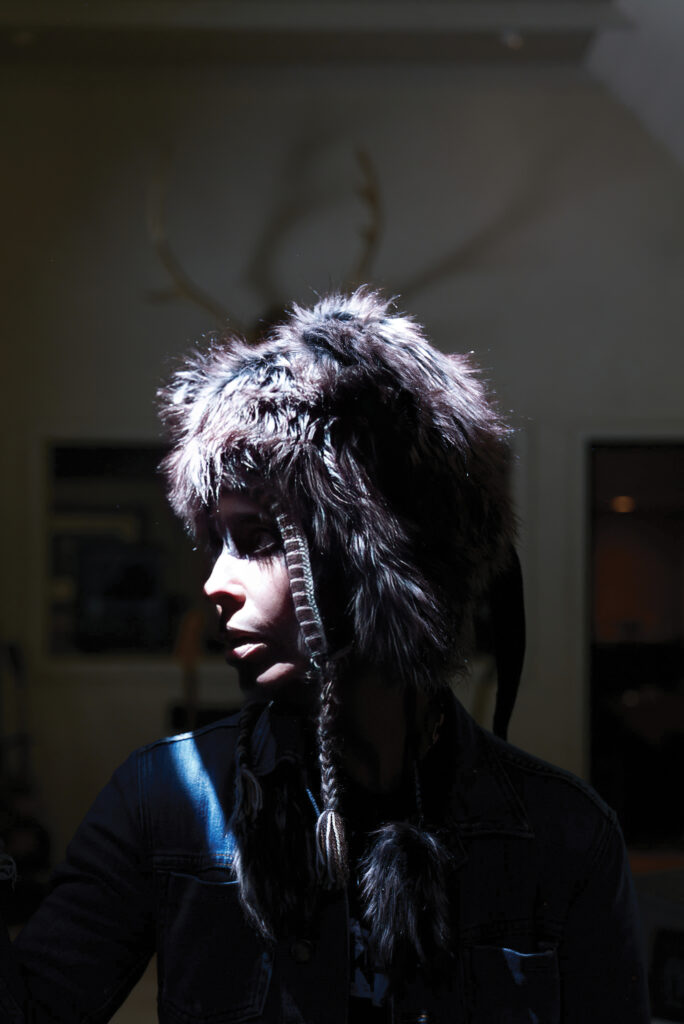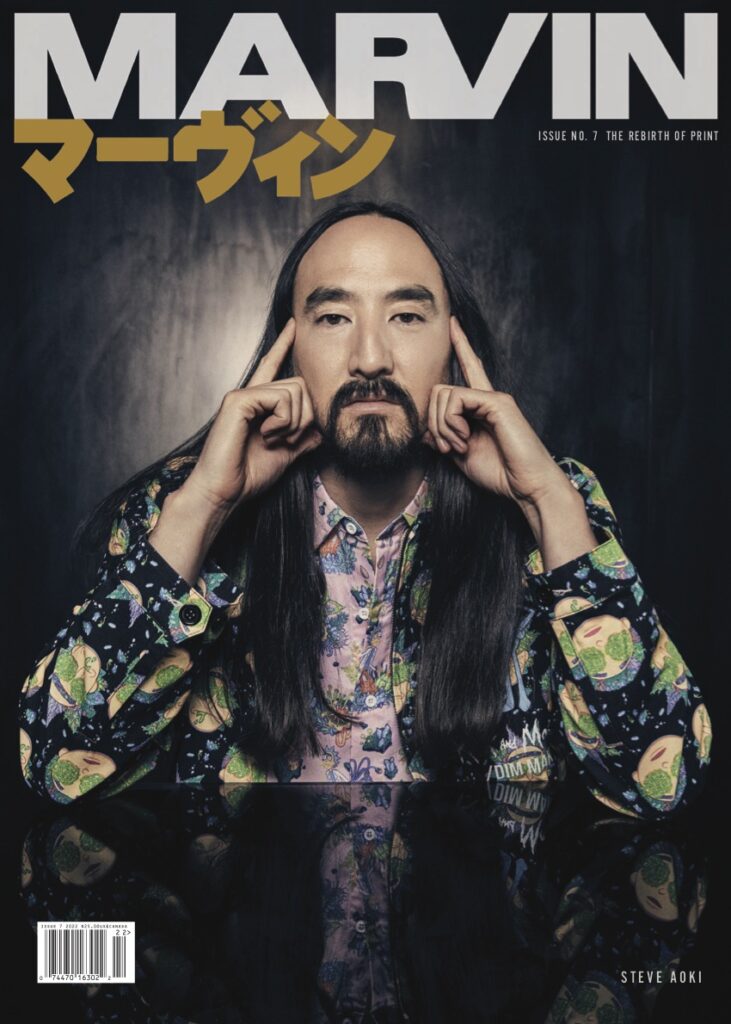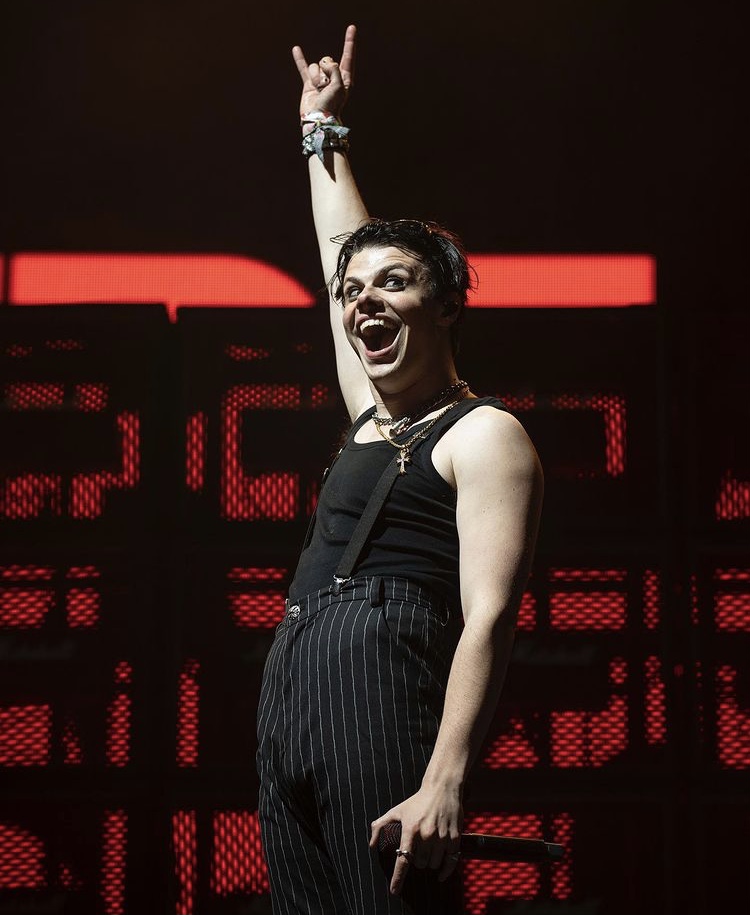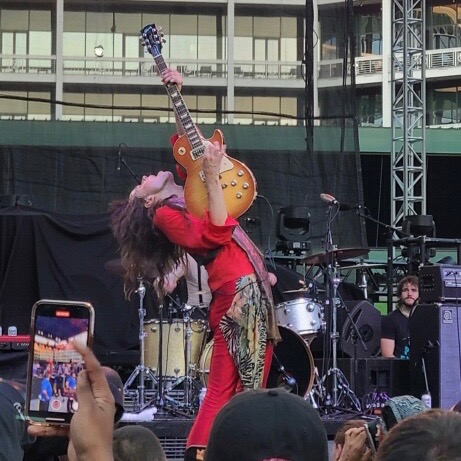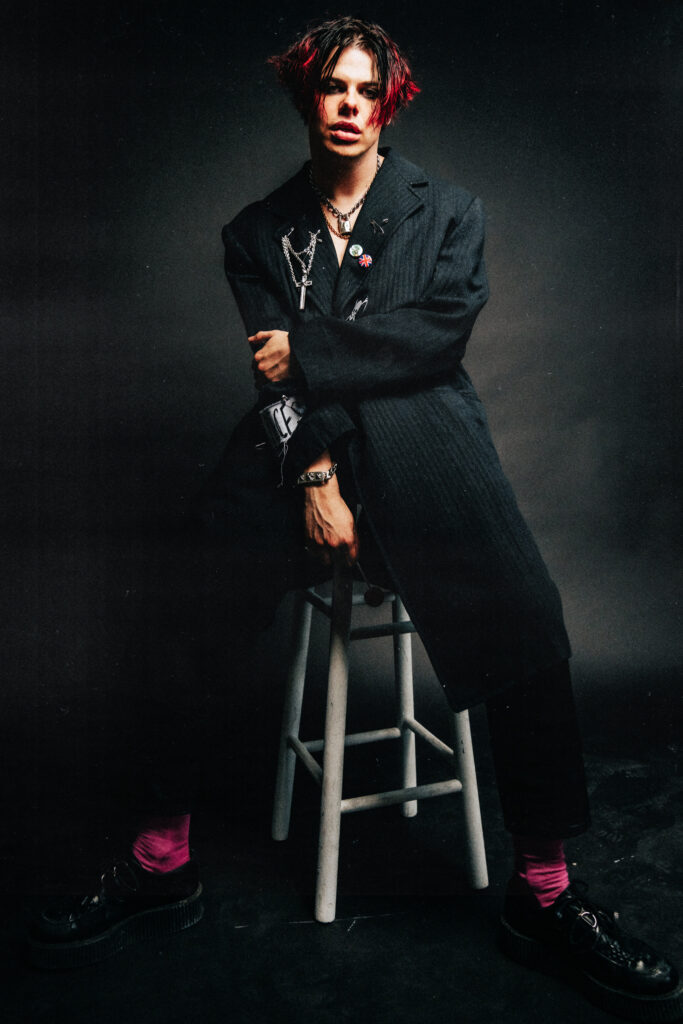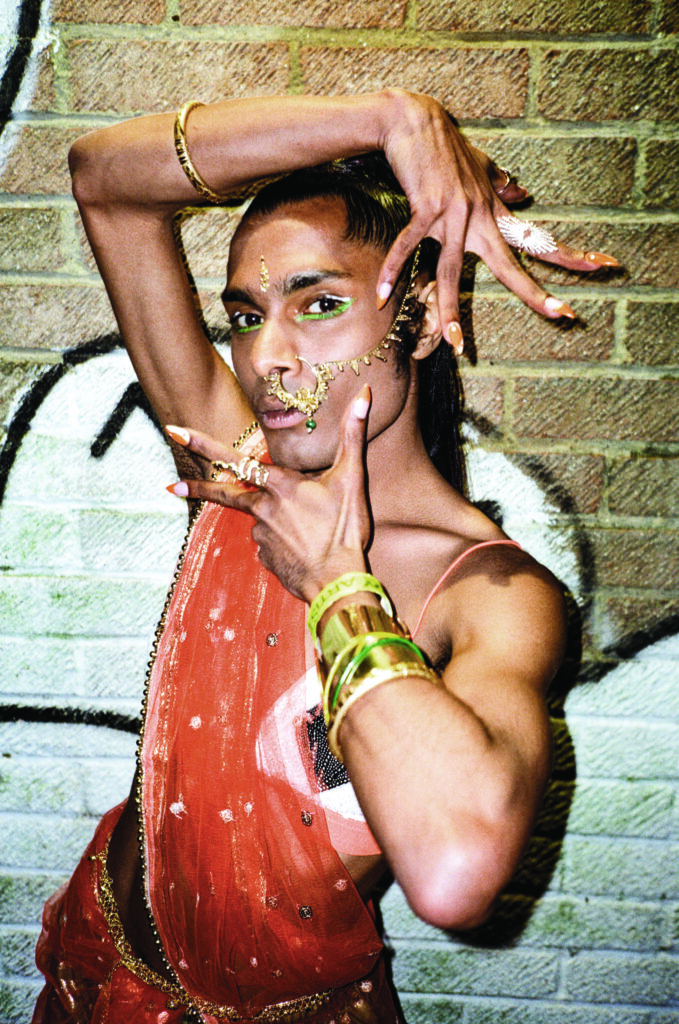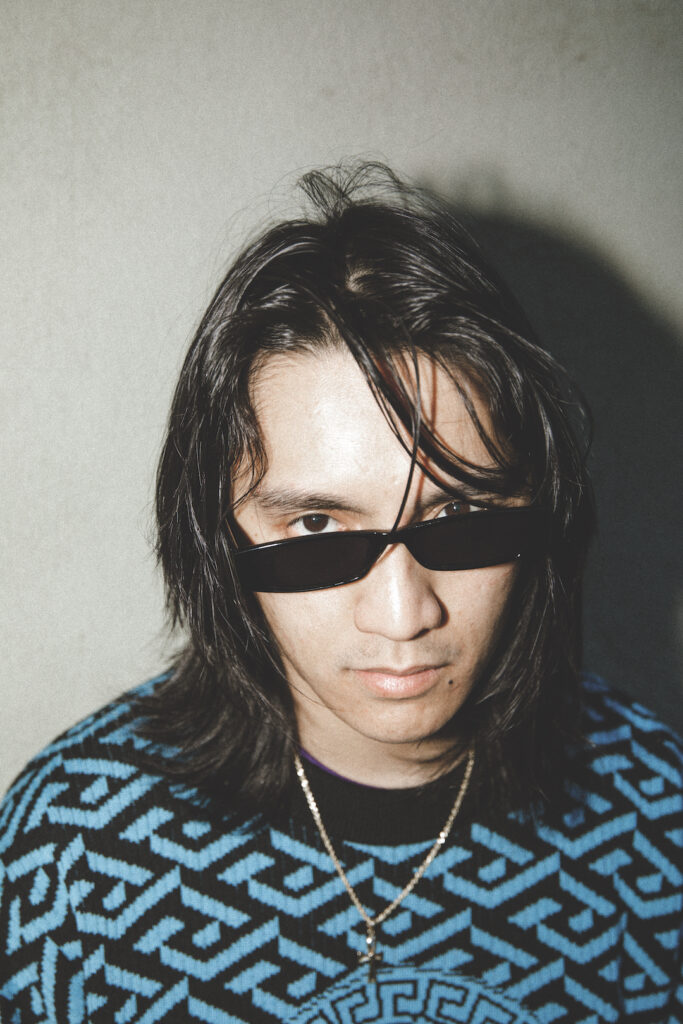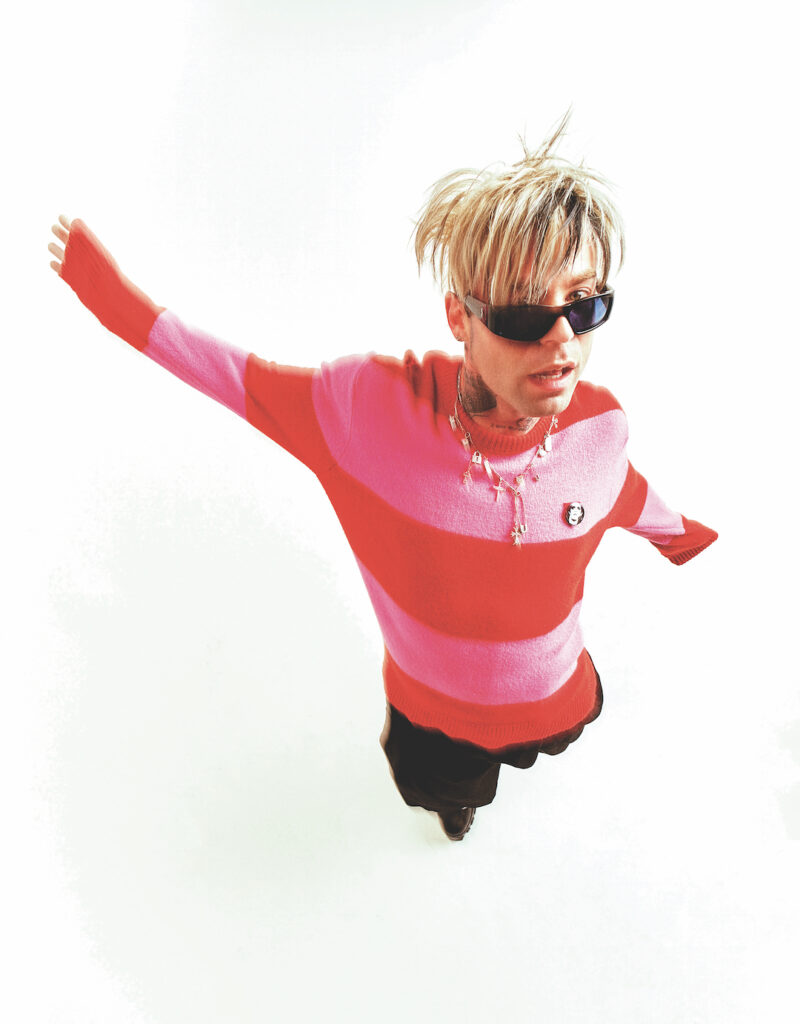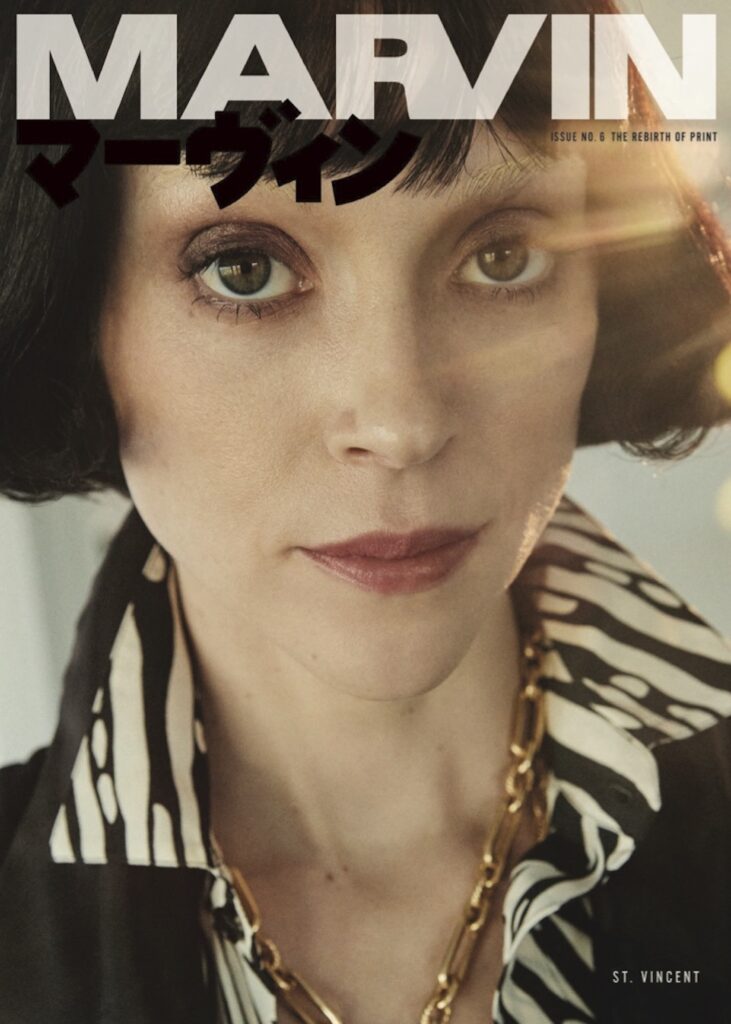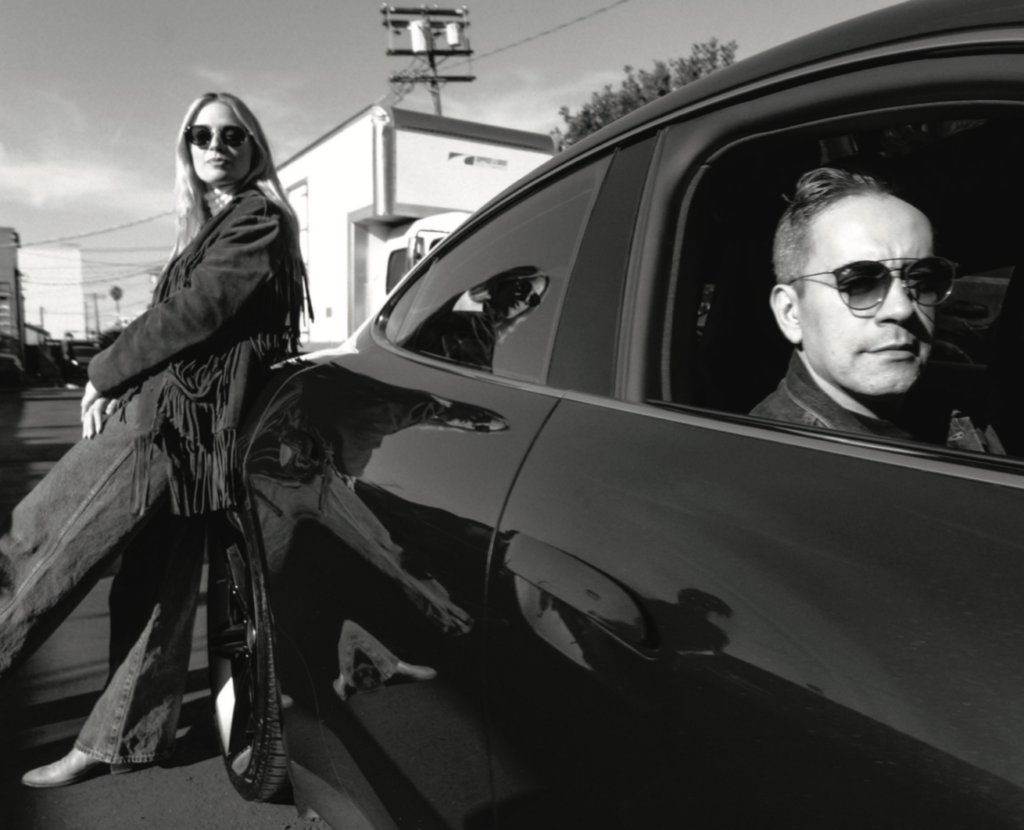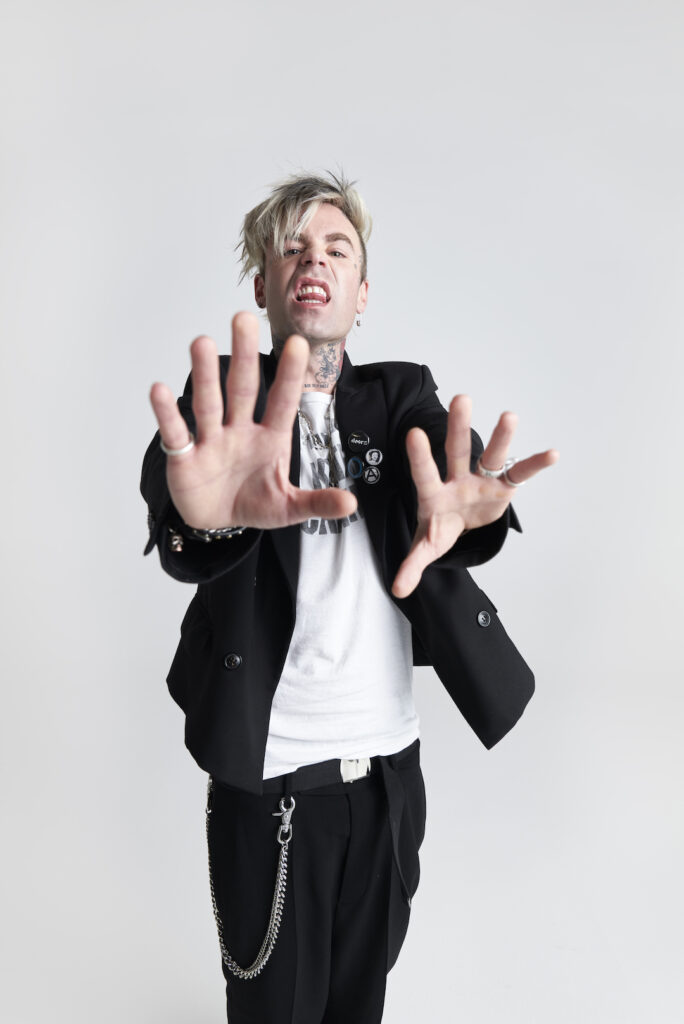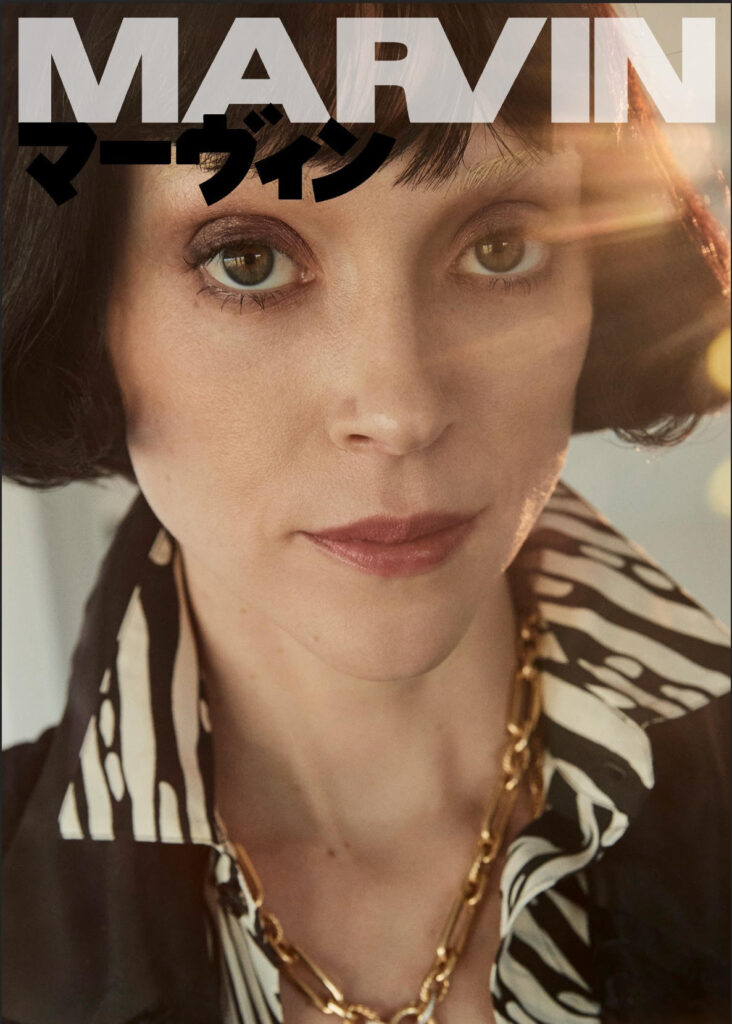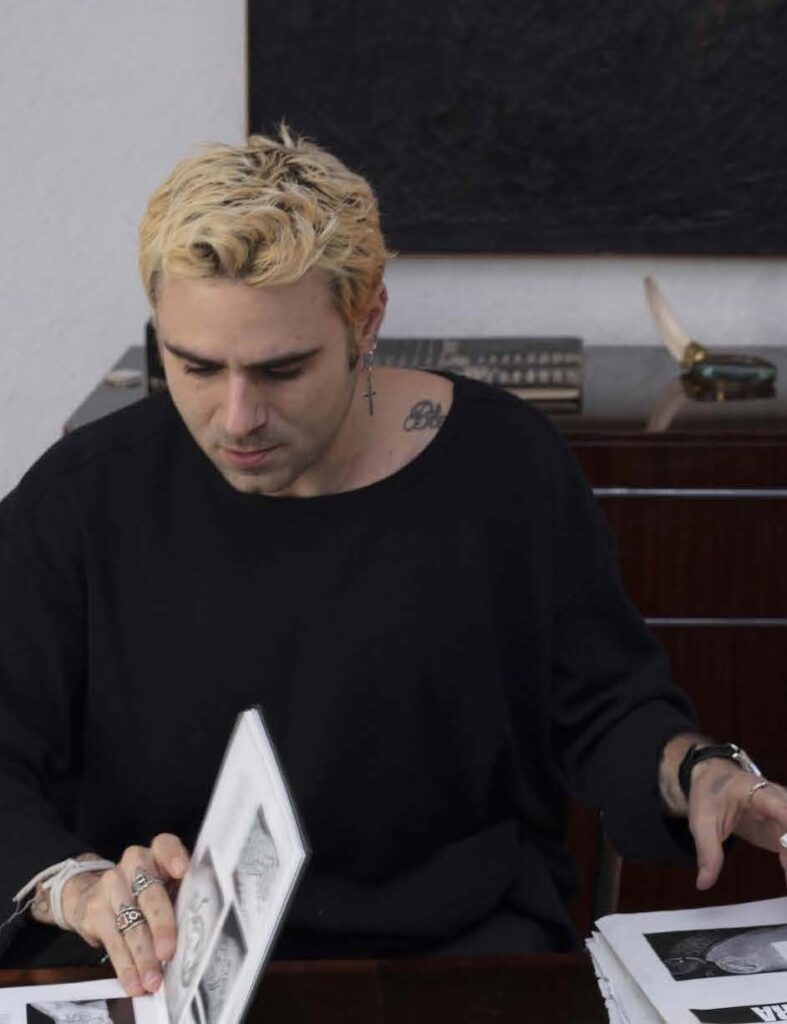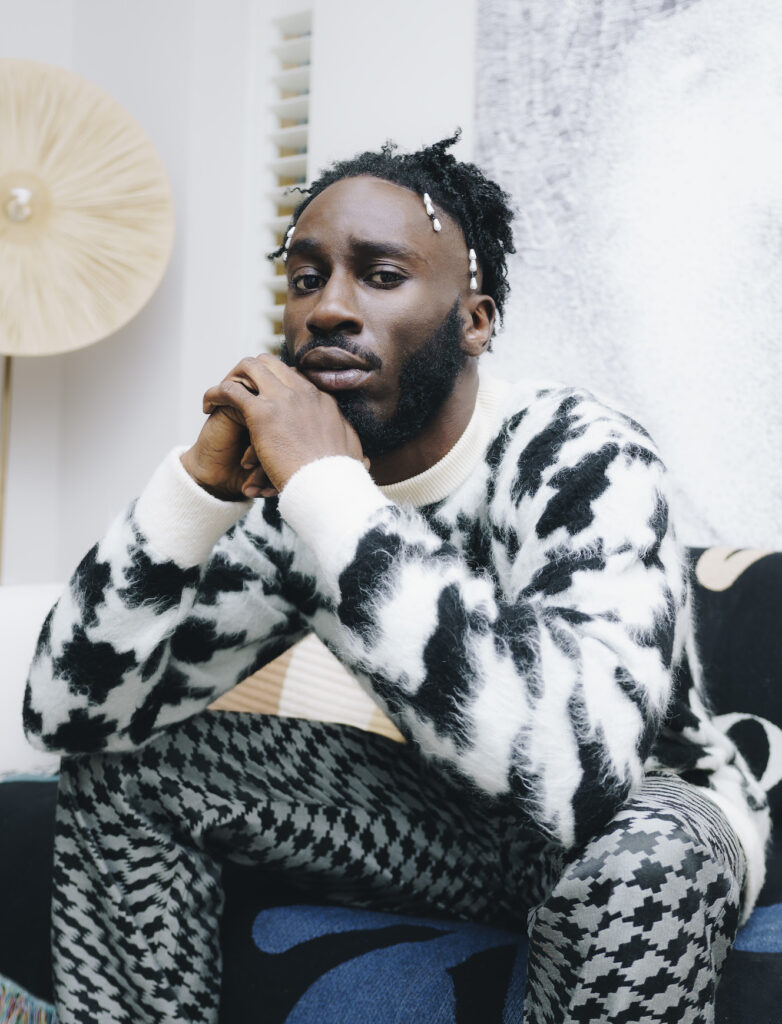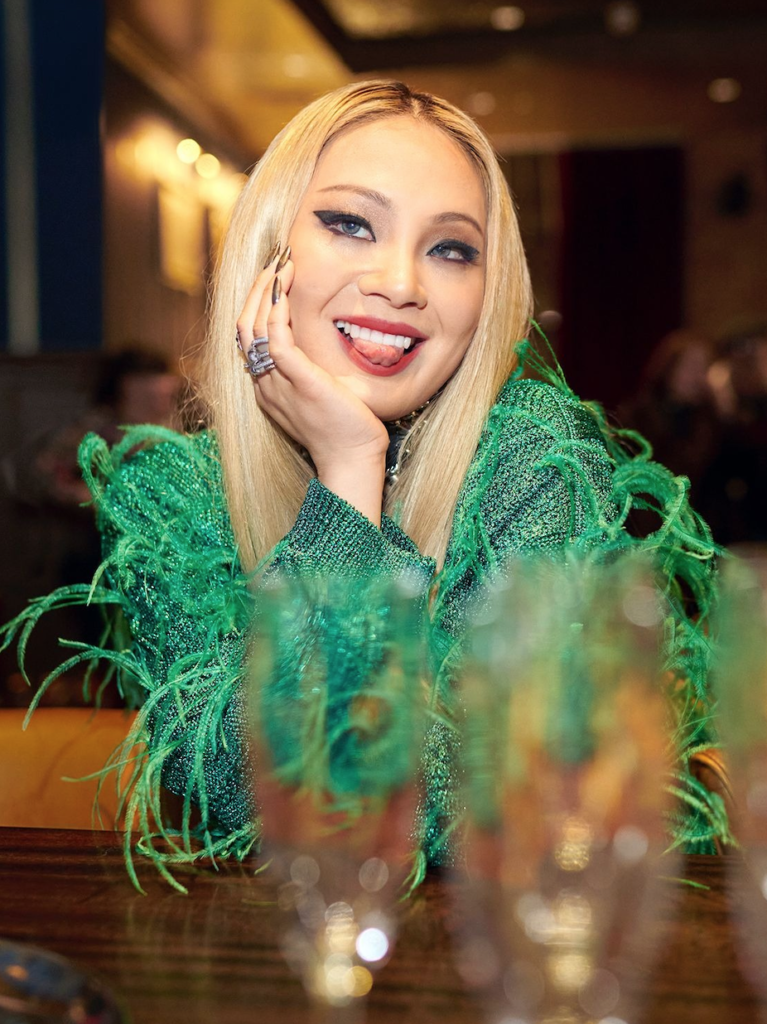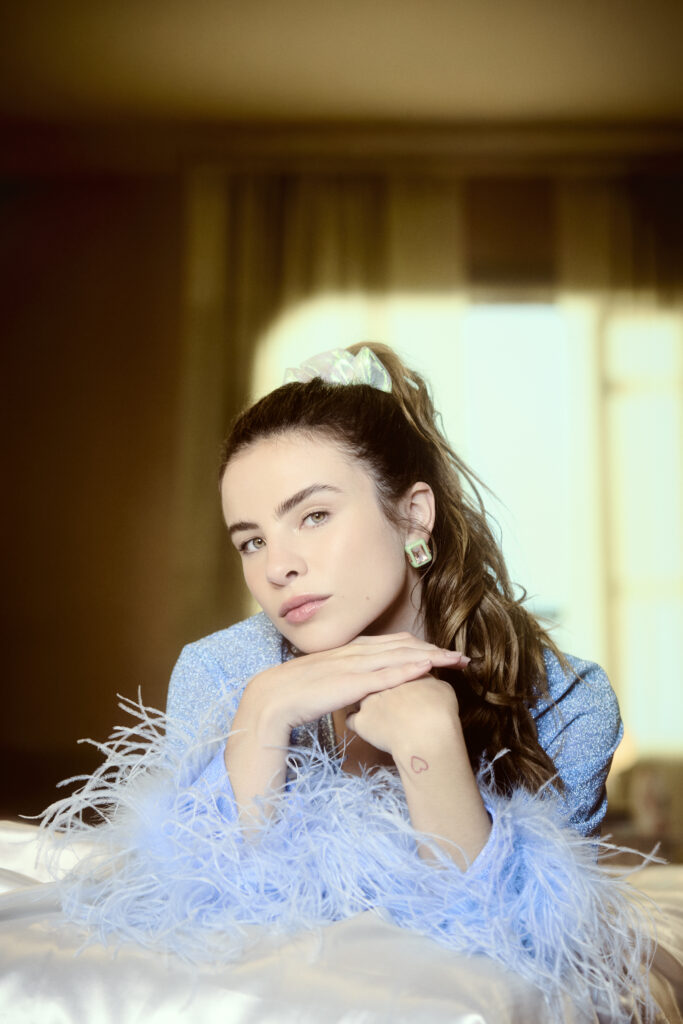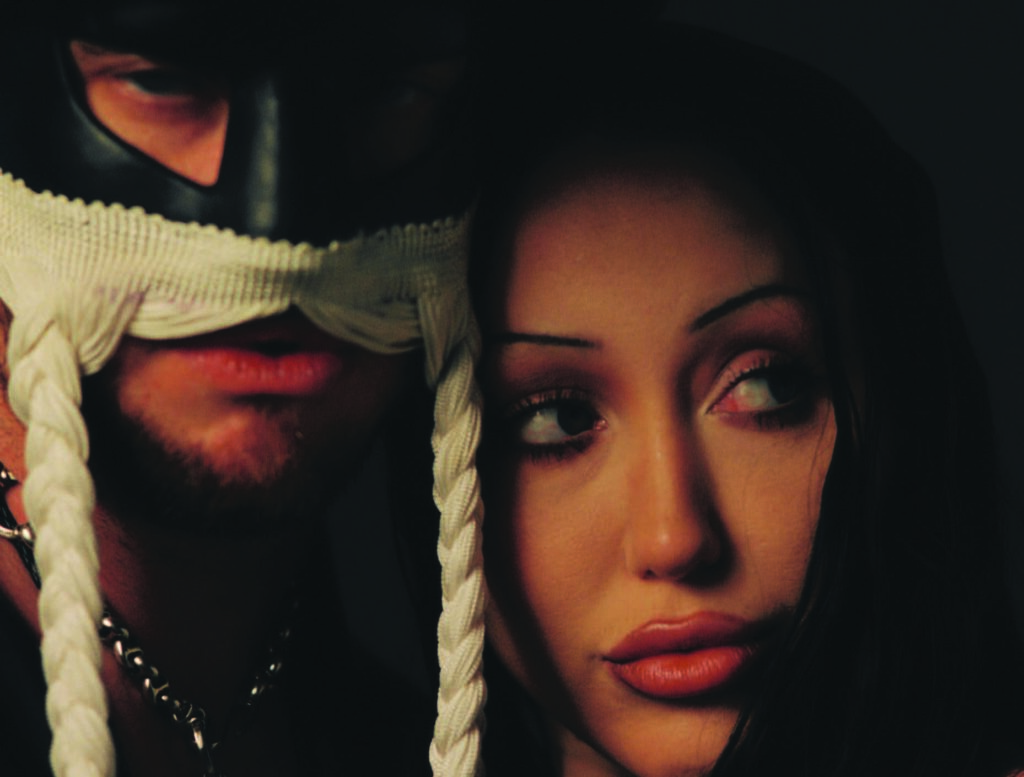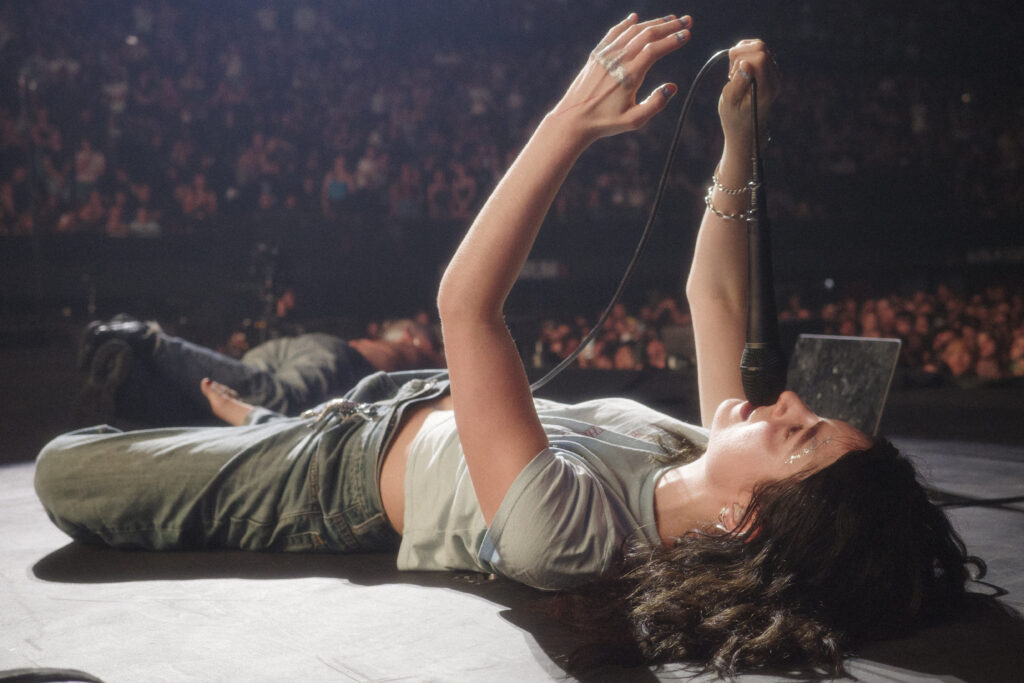MARVIN Exclusive: Sophie Powers Proves Why She’s Music’s New Wunderkind with “muddy”
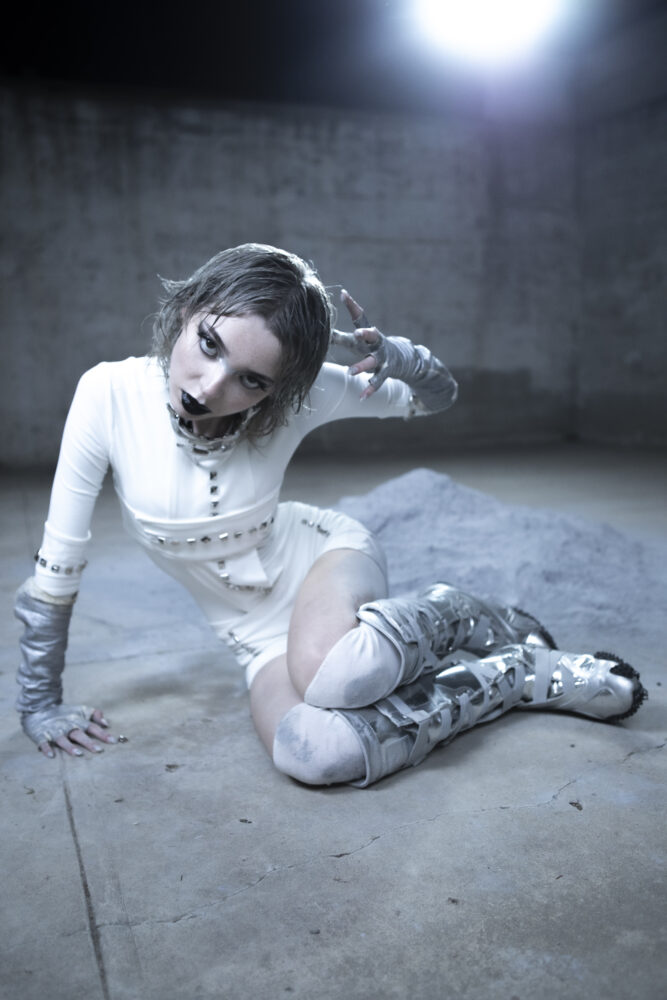
Photo by Sophia Liv Maguire
Sophie Powers has never played it safe, but with her new single “muddy,” out today, she’s stepping into her boldest era yet. Trading in the neon-pop polish of her earlier work for something darker, grittier, and unapologetically chaotic, Sophie embraces imperfection as power. At just 21, the self-proclaimed sonic disruptor and fashion obsessive is rewriting the rules of pop on her own terms, blending grime and glamour into a sound that feels as raw as it does irresistible. For MARVIN, she opens up about finding liberation in messiness, the fashion that fuels her music, and why disruption is exactly what pop needs right now.
MARVIN: “Muddy” feels like a departure from your earlier neon-pop era. What was the turning point that made you lean into something darker, grittier, and more provocative this time around?
SOPHIE: Honestly, I just grew tired of pushing forward a vision that I felt people weren’t resonating with. I have no problem completely abandoning a storyline if nobody’s reading it. I had planned to roll out a Glitch Level Two and tie the two EPs together as a video game concept, but things don’t always go the way you want. Facing that harsh reality forced me to shift gears. Around the same time, I was turning 20 and it hit me that I needed to rethink how I was presenting myself. I started diving into film and darker storytelling, and I got obsessed with fashion history, everything from archival Marc Le Bihan and Maison Margiela to early Rick Owens. That exploration completely changed how I approached my style, and naturally, my music followed.
MARVIN: You are considered to be a “sonic disruptor.” What does disruption mean to you in pop music right now, and how does “muddy” embody that philosophy?
SOPHIE: Disruption in pop right now means not being afraid to make people uncomfortable. Pop has always been about hooks and accessibility, but to me it also has to push culture forward. Muddy embodies that by leaning into sounds and subject matter that aren’t traditionally “safe” for pop. It’s abrasive, messy, and unapologetic, but still catchy enough to live in people’s heads. That tension is what disruption is all about—finding the balance between familiarity and making someone stop and think, wait, did they really just do that?
MARVIN: Your fashion and visuals are just as unapologetic as your music. When you’re creating a song like “muddy,” do you imagine the fashion world around it at the same time, or does one inspire the other later?
SOPHIE: For me they happen at the same time, mostly because my synesthesia won’t really let me separate them. When I’m writing a song like muddy, I’m already seeing the textures, colors, and silhouettes living inside it whether I want to or not. Sometimes I’ll hear a bassline and immediately picture the outfit that matches its weight, and other times the clothes come first and basically demand a soundtrack. Music and fashion are just different sides of the same obsession, so one always ends up bleeding into the other.
MARVIN: Pop often demands perfection and polish, but “muddy” seems to embrace the beauty of chaos. Why do you think audiences are craving imperfection right now?
SOPHIE: Because perfection is boring. Everyone’s already scrolling through perfectly edited lives on social media all day, so when they hit play on music, they want something that feels real. Muddy leans into that, it’s messy, imperfect, and a little uncomfortable, but that’s exactly what makes it human. I think people are craving imperfection because it gives them permission to stop performing and just feel something raw for once.
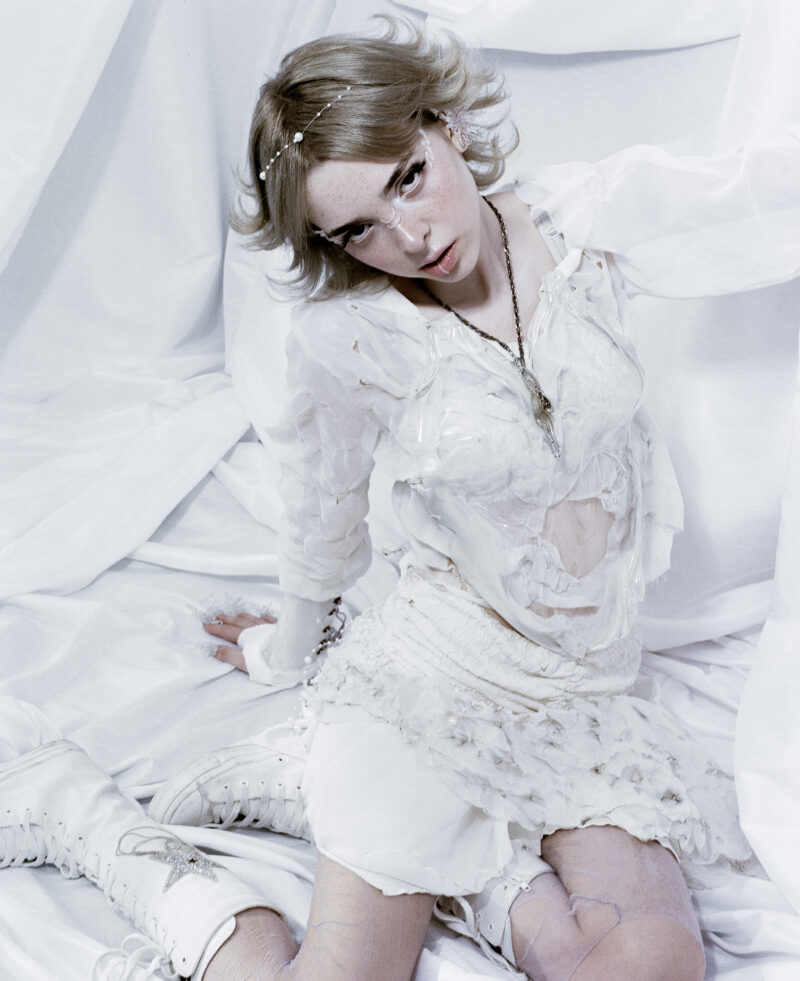
Photo by Sophia Liv Maguire
MARVIN: You’ve collaborated with icons from Grimes to Dillon Francis, and now with ILLIT in the K-pop world. What do you look for in a collaborator, and how do you protect your own artistic DNA within such different spaces?
SOPHIE: Collaboration is always a tricky balance. On one hand, I want to protect my own artistic DNA, but on the other, I think it’s just as important to respect another artist’s space and creative footprint. Working with people as different as Grimes, Dillon Francis, ILLIT has taught me that you get the best results when you let everyone bring their world to the table. The key for me is to stay rooted in my own perspective while being open enough to learn and adapt. That way the song feels like a true collaboration instead of anyone losing themselves in the process. I’m so so grateful to have collaborated with so many amazing artists including the 3 mentioned, as well as DE’WAYNE, Baby Tate, Kets4eki, SyKo, $atori Zoom, Mothica, Chandler Leighton, NOAHFINNCE, Danny L Harle, RAIZEHELL, Ezekiel, and so many more. All I can say is I will continue to honor as many spaces as I can, while creating a safe one on my own.
MARVIN: Your live shows are known for high energy and unapologetic attitude. How do you translate a track like “muddy,” with all its grime and glamour, into a live performance?
SOPHIE: If you’re not a little dirty and out of breath by the end, you didn’t really experience muddy. On stage the song transforms, honestly even I transform. It’s like the energy is heavier, the vocals are rawer, and the beauty of imperfection really comes through. The choreography for muddy is some of the most powerful I’ve ever learned, and I have to credit my choreographer Mikey Minden for his vision in bringing the song to life in such a bold way.
MARVIN: You’ve mentioned your ‘no rules’ approach to art. Has there ever been a moment where you felt pressure to conform, and how did you resist it?
SOPHIE: I didn’t resist and that was my mistake. This wasn’t in my music career, but in my personal life, where I fell into patterns and assimilated with people I shouldn’t have, following trends and the gross fast fashion cycles that suffocated my own style and self-expression. Experiencing that taught me how important it is to be uncompromising in my music. That’s why I’m so keen on true expression through my work because I’ve seen what it feels like to lose yourself when you try to fit in.
MARVIN: As a fashion designer and musician, your work feels almost apocalyptic, like you’re building a future world on your own terms. If “muddy” had its own dystopian universe, what would it look like?
SOPHIE: If muddy had its own dystopian universe, it would be the aftermath of human destruction and I just happen to be there. Think Resident Evil meets Lara Croft Tomb Raider meets Mad Max coded. Spaces feel lived-in and messy, not polished, with heavy use of earth tones to ground the world. You’ll have to watch as I roll out my next album, music video by music video to tell the story surrounding this world both before and after it reaches, said messiness.
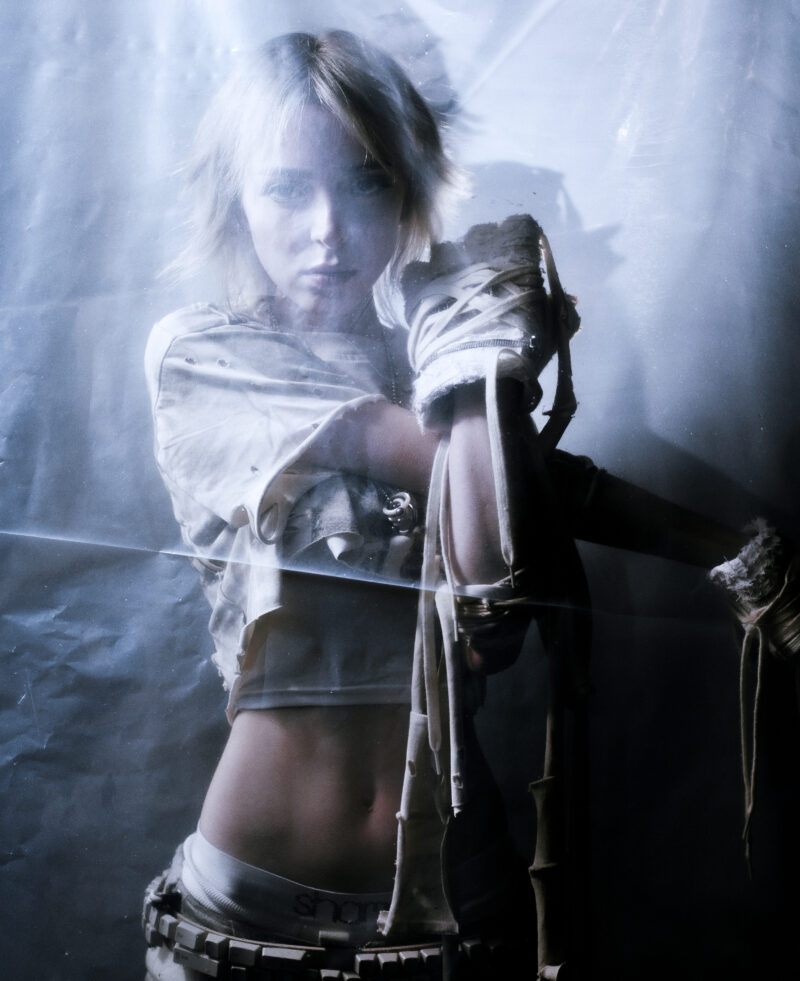
Photo by Sophia Liv Maguire
MARVIN: At just 21, you’ve already built a blueprint that’s uniquely yours. Do you see yourself as part of pop’s next wave, or are you intentionally trying to stand outside of genre altogether?
SOPHIE: I see myself as a part of pops next wave, but I’ve never been good at surfing no matter how much I love it. I want to be a part of something bigger whether that’s pop, rock, or just my own genre altogether. I think nowadays more than ever the artist is the genre. I’ll venture wherever people will listen.
MARVIN: Pop wunderkind status aside, what’s the most personal truth that listeners will hear in “muddy” if they really listen closely?
SOPHIE: The biggest truth is actually right at the beginning of the song. I open with the hook, “watching me squirm again, feel like a worm, I’m doing dirt again,” a part of my past nobody sees. If they ask, “you don’t know me.” It’s about how I used to feel completely on the hook in so many ways, like society, friends, teachers, classmates, and mentors controlled how I looked or felt. But that’s all in the past now. I’m ready to get muddy.
